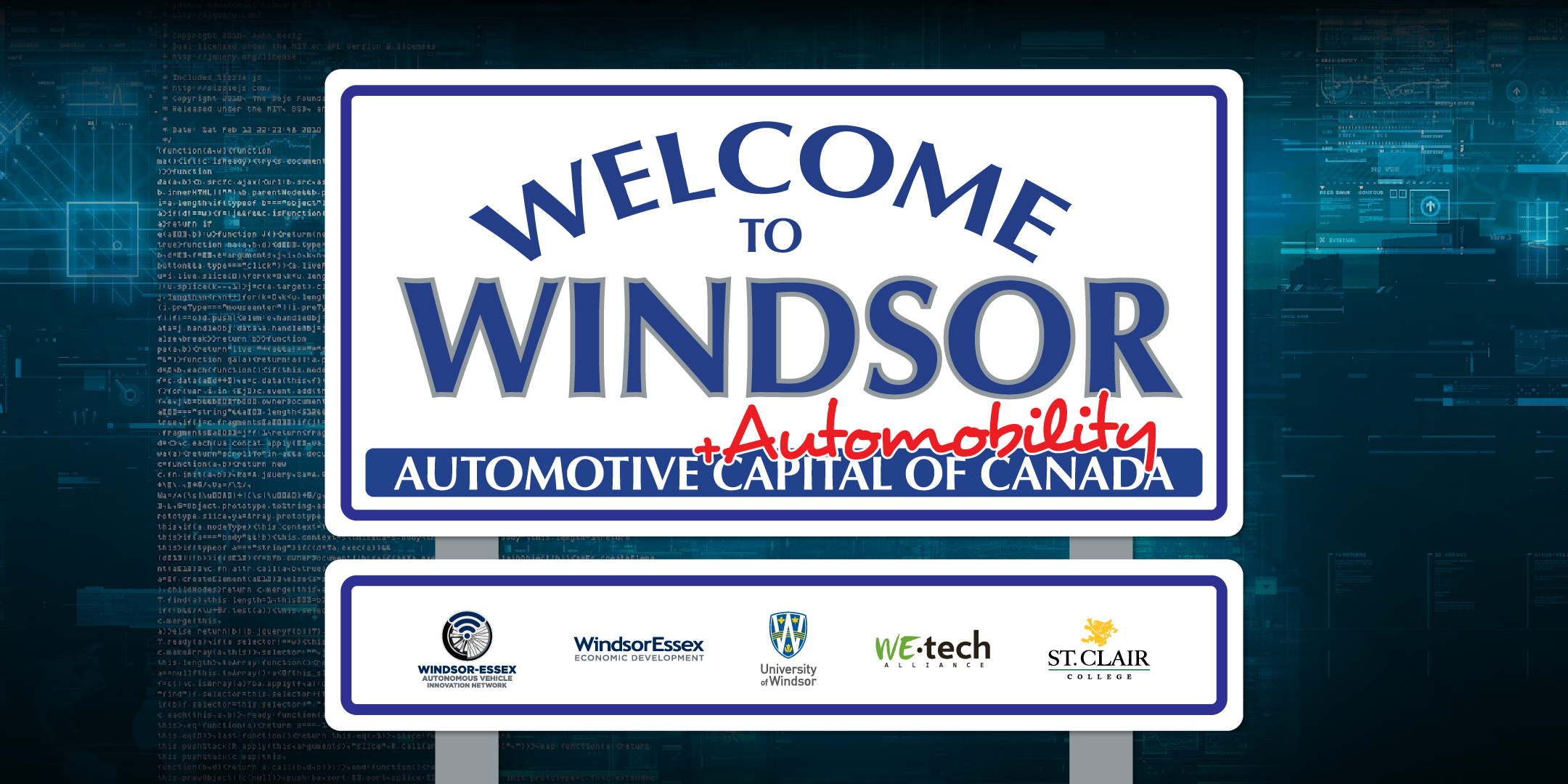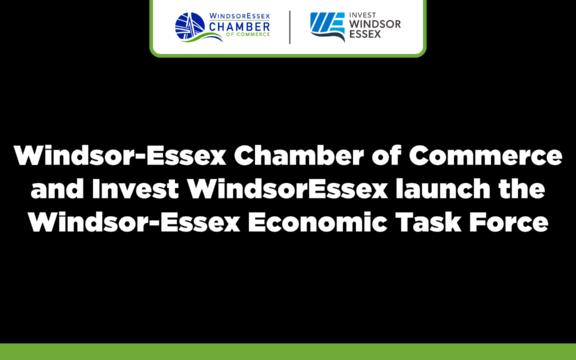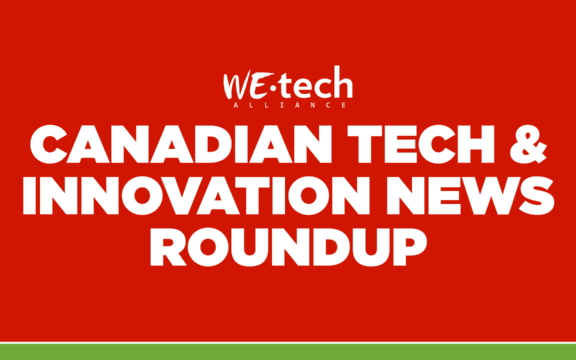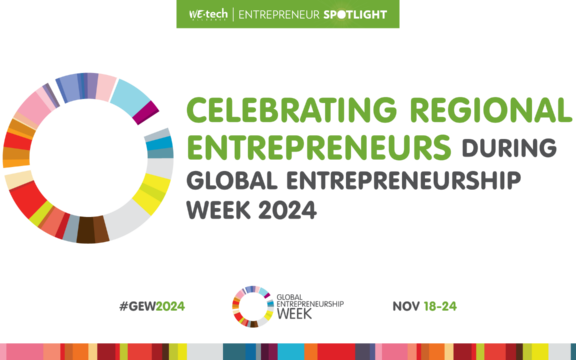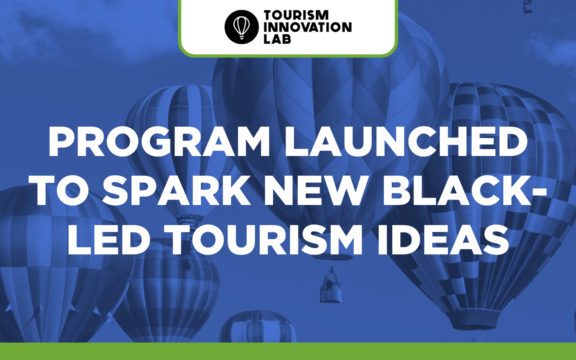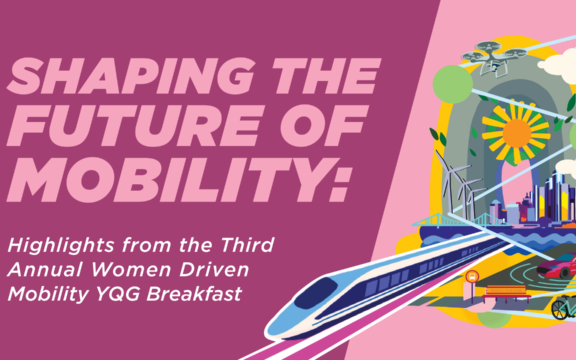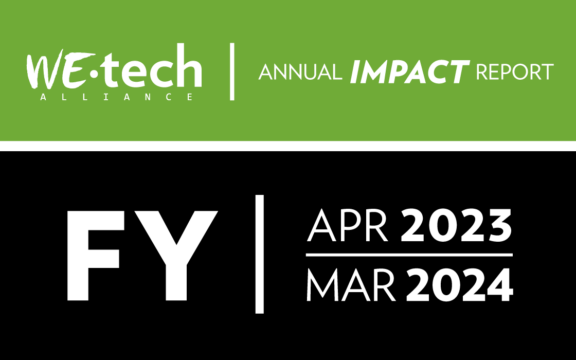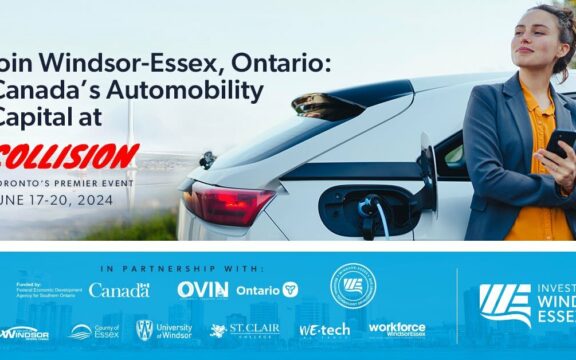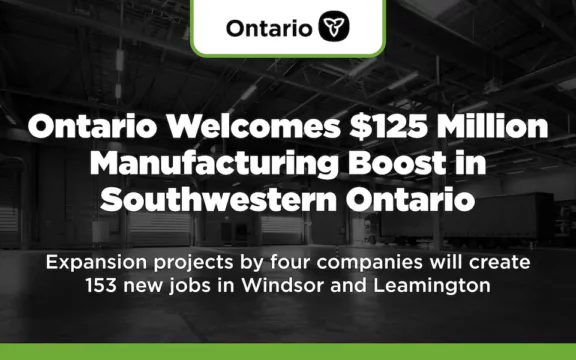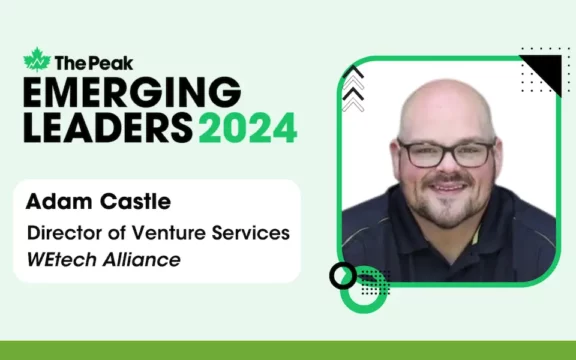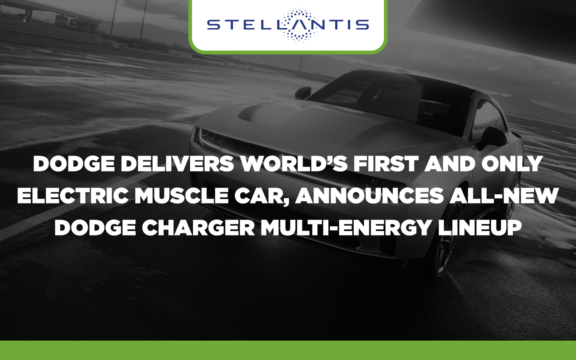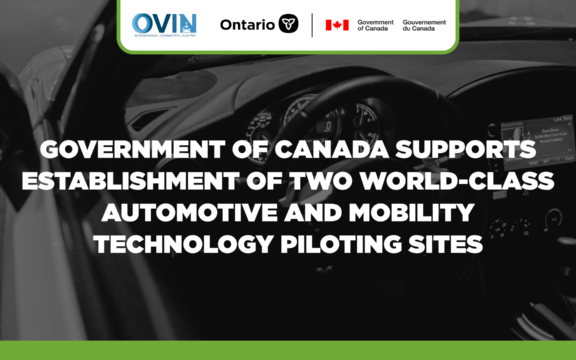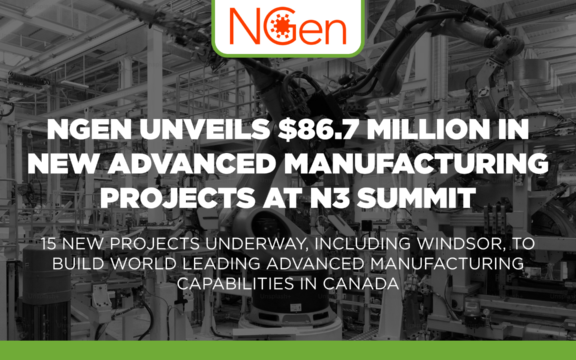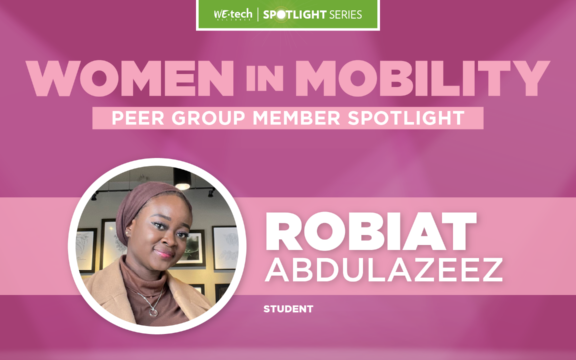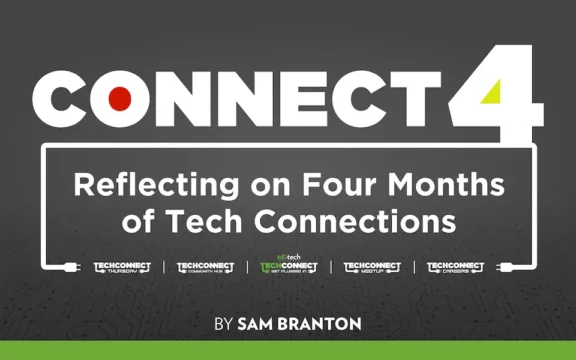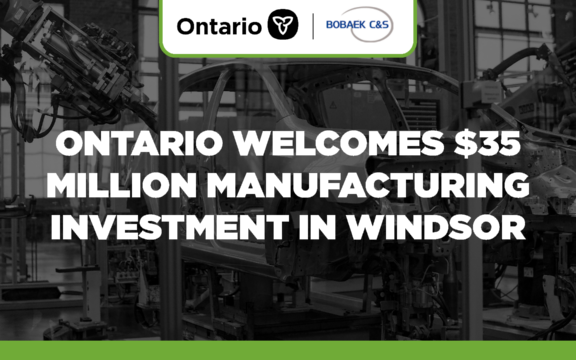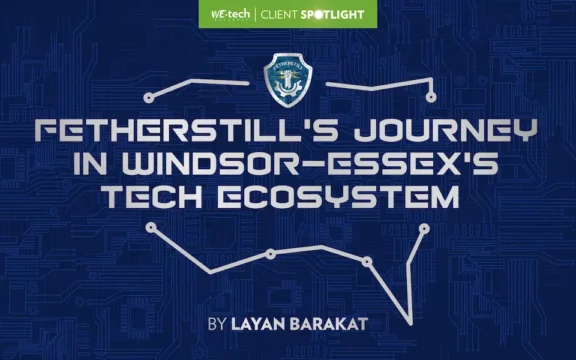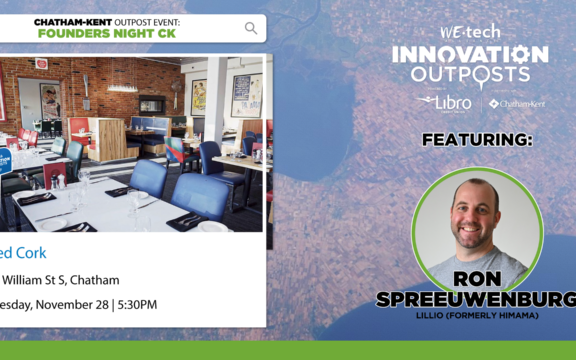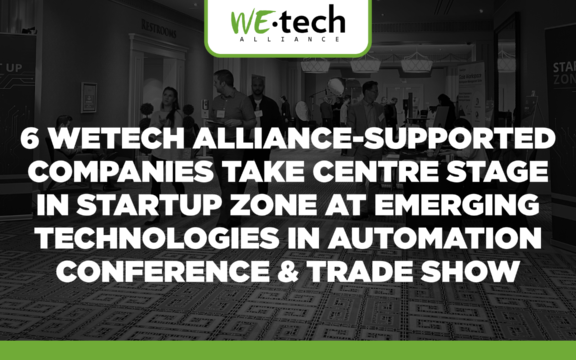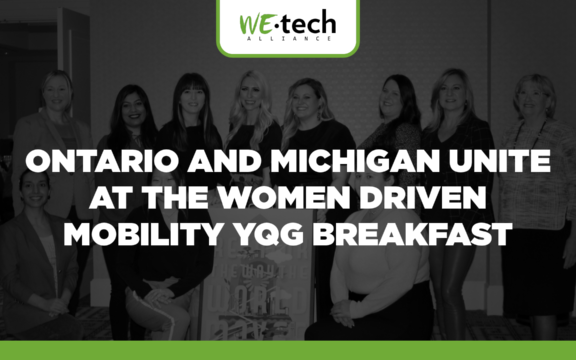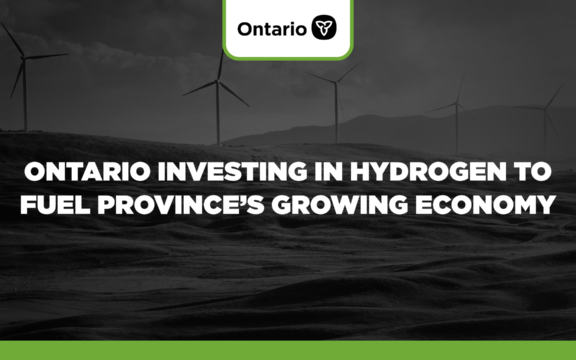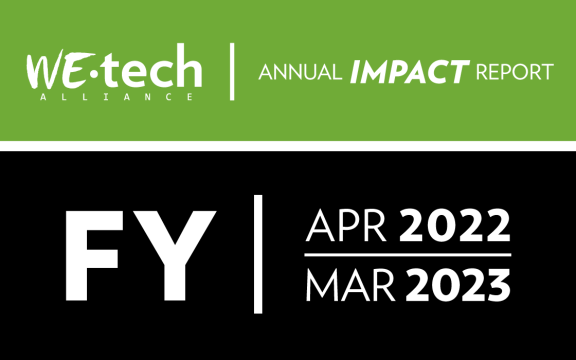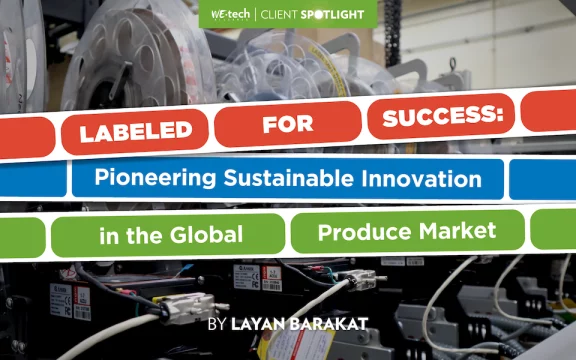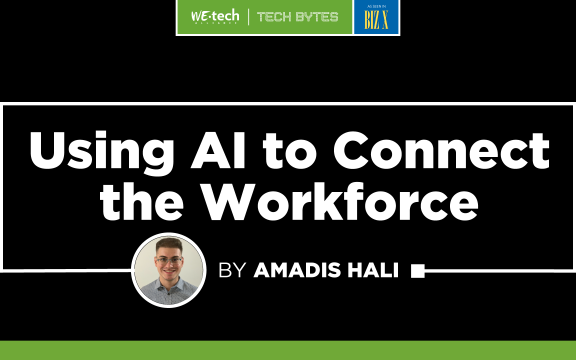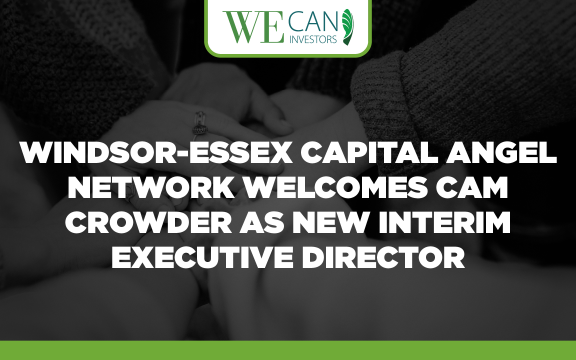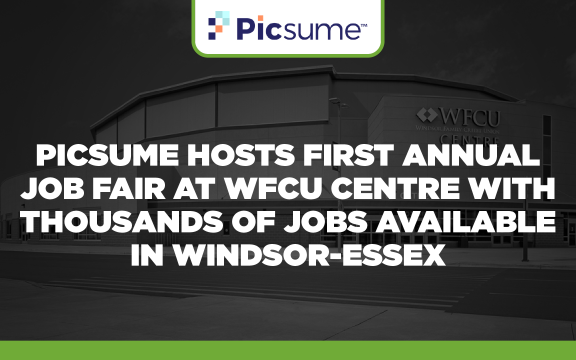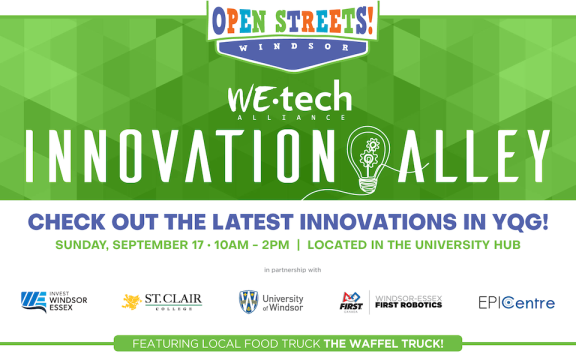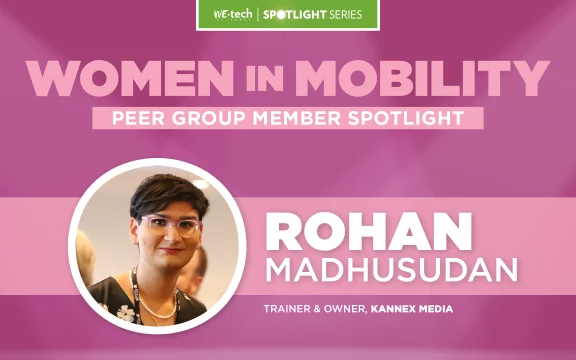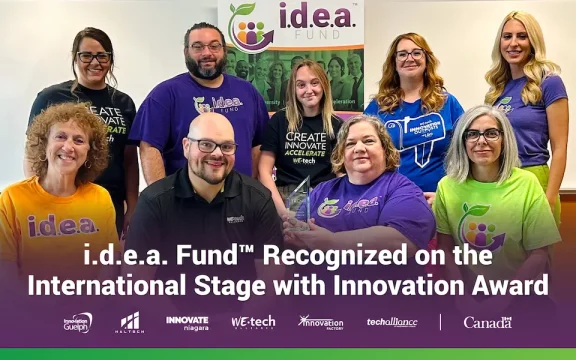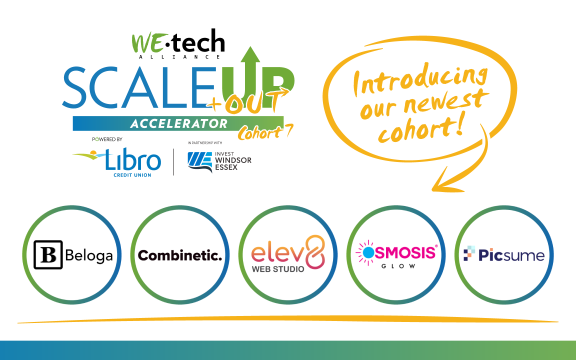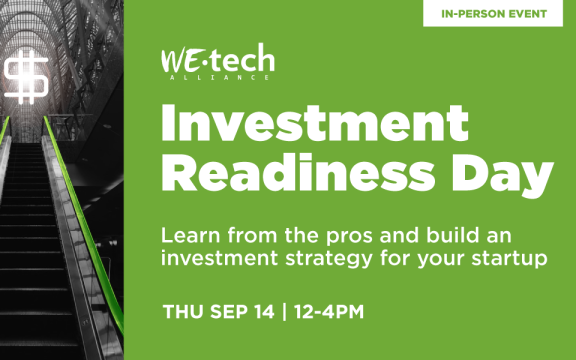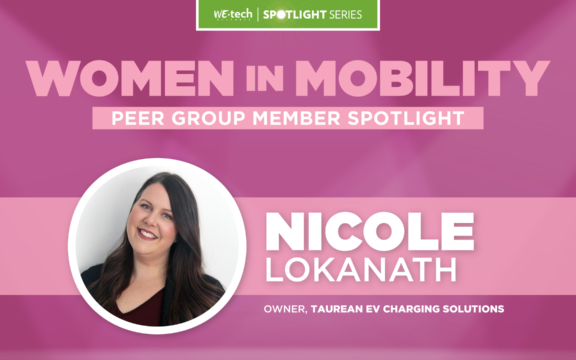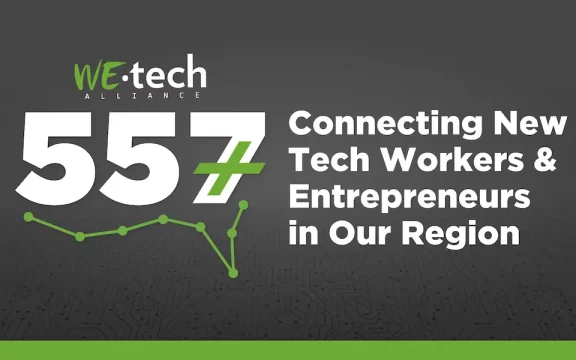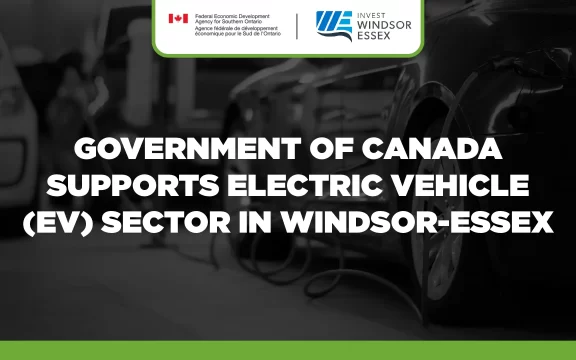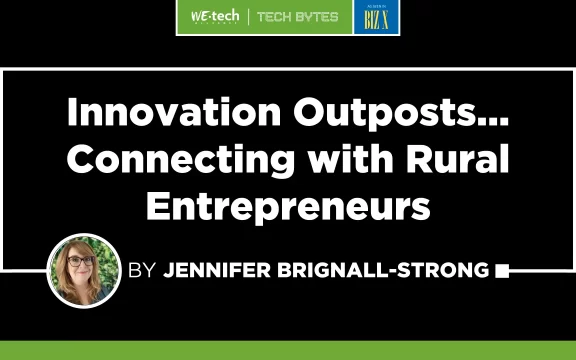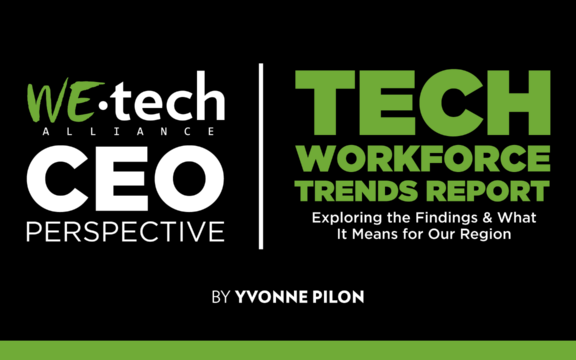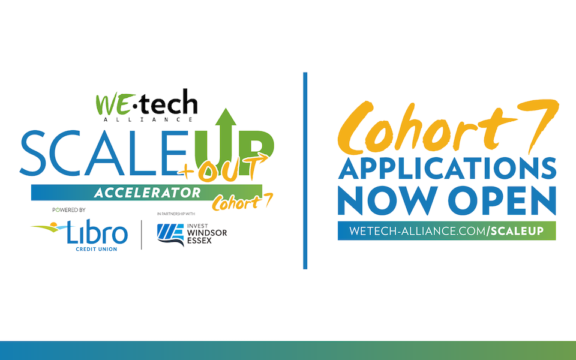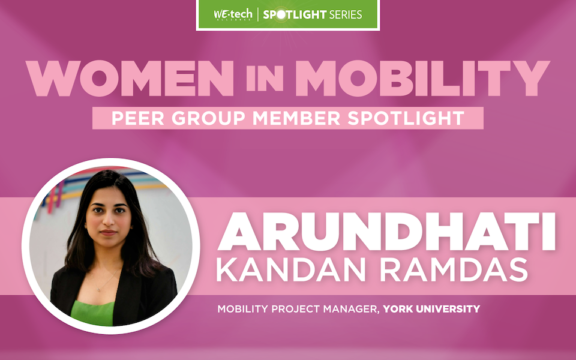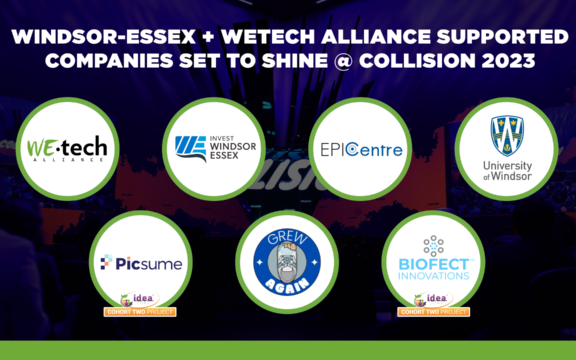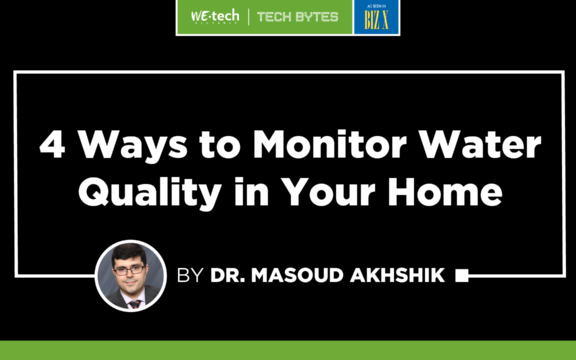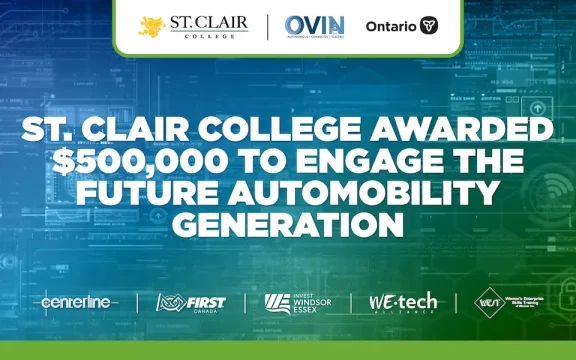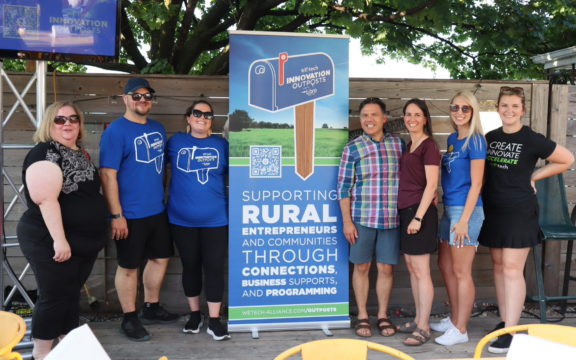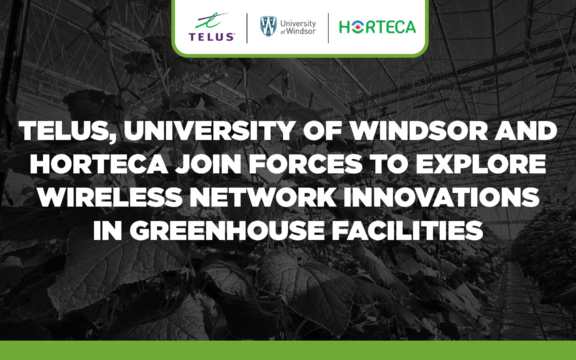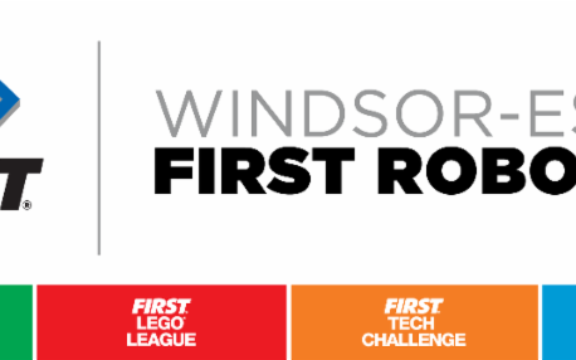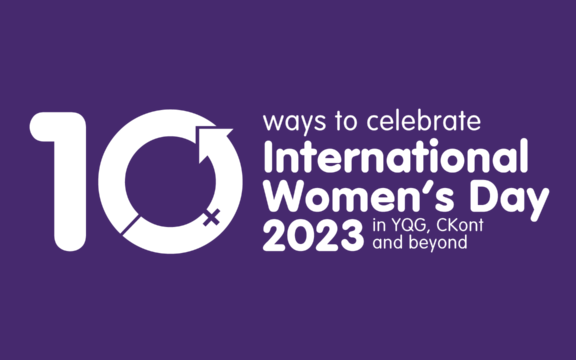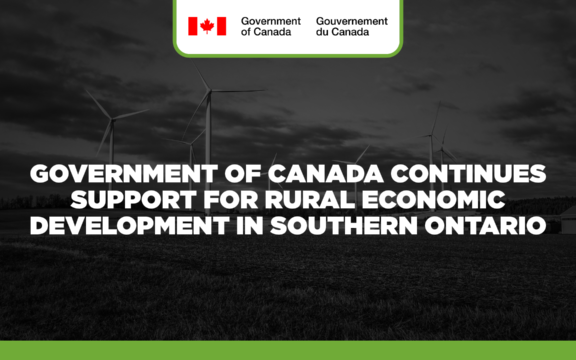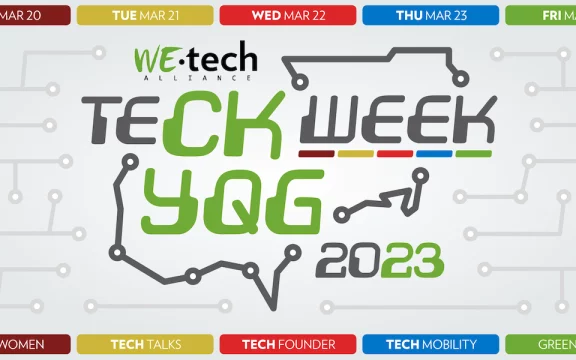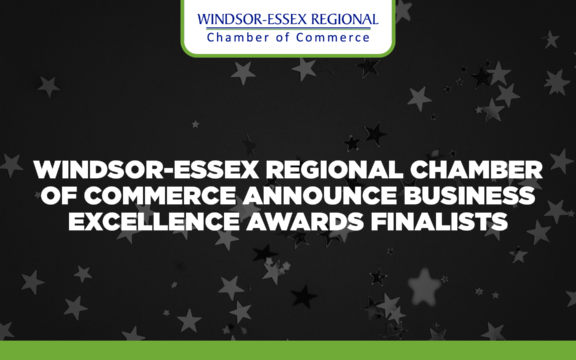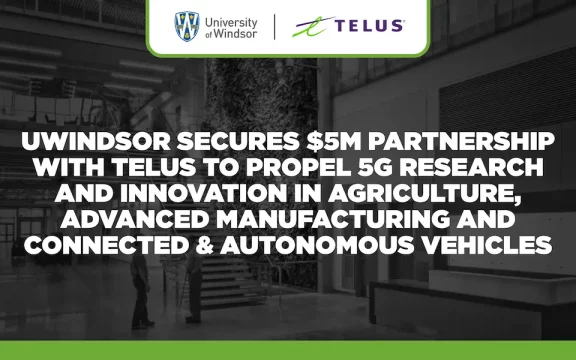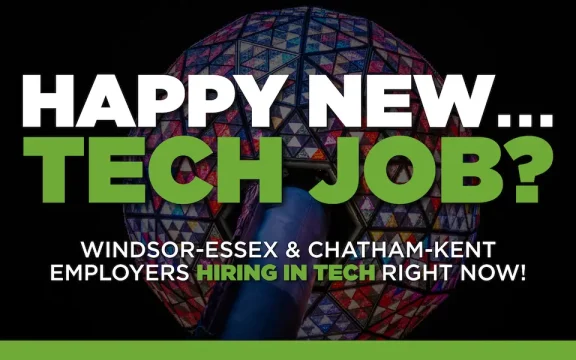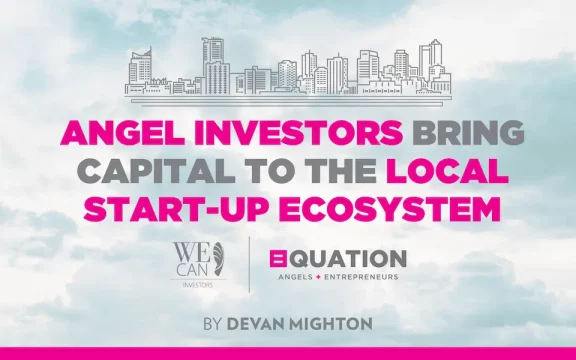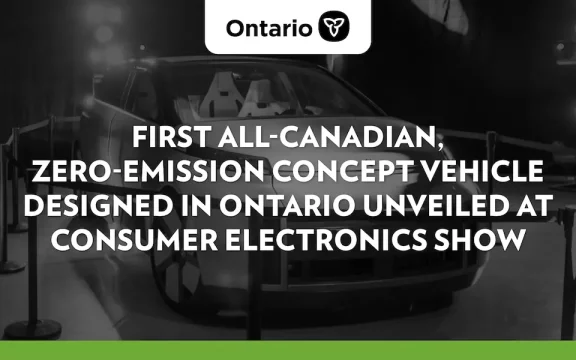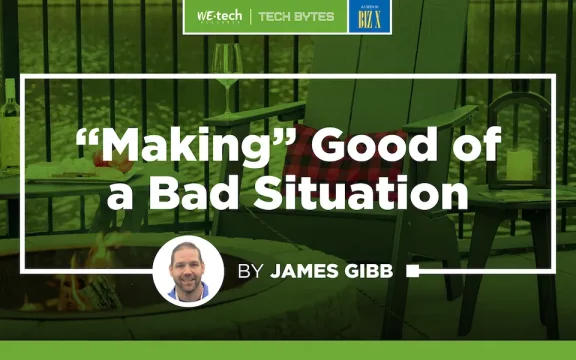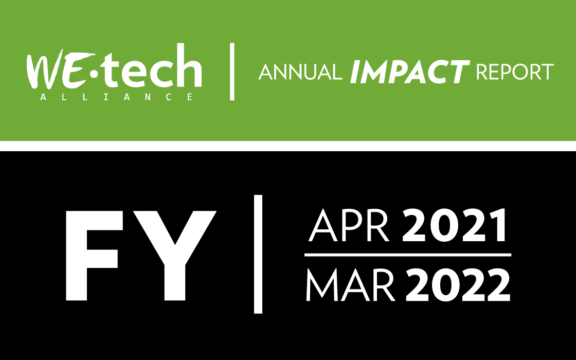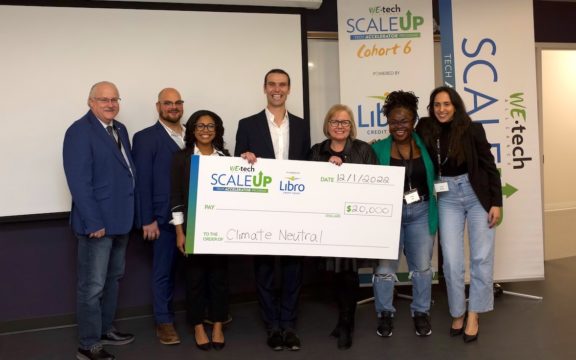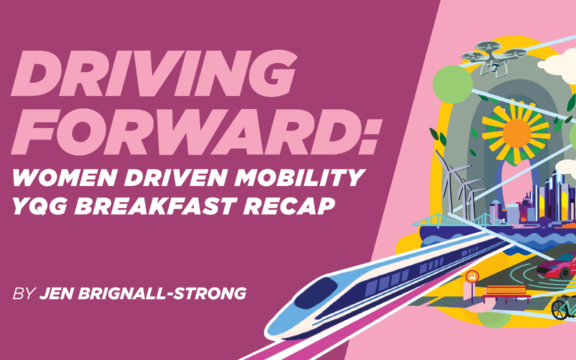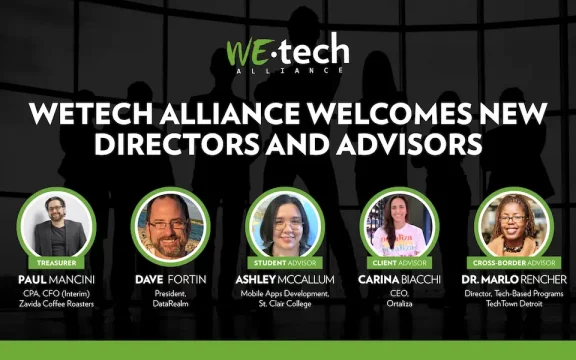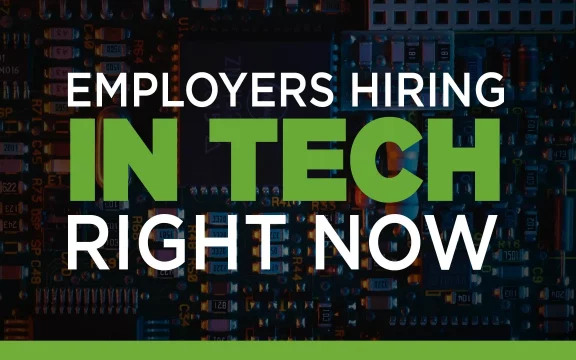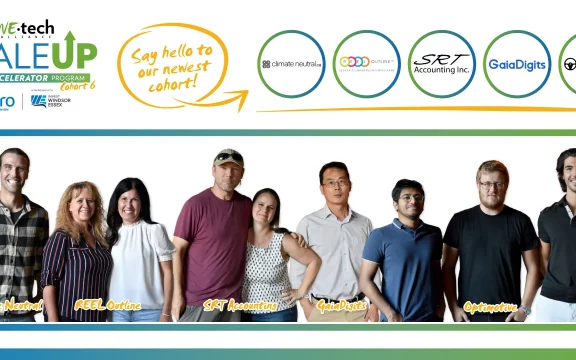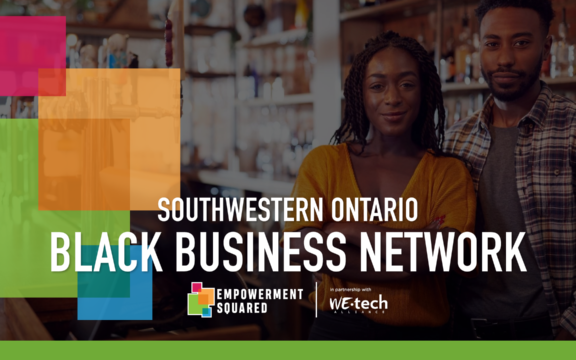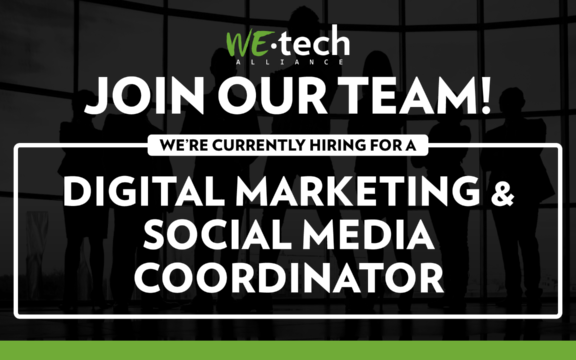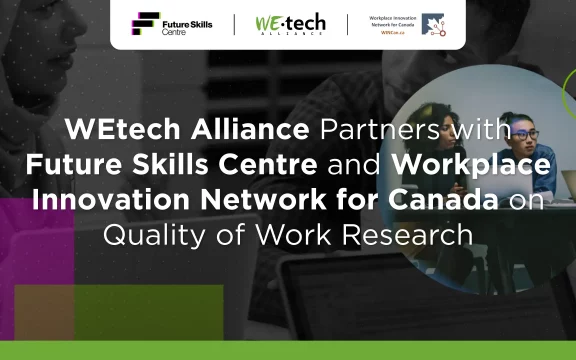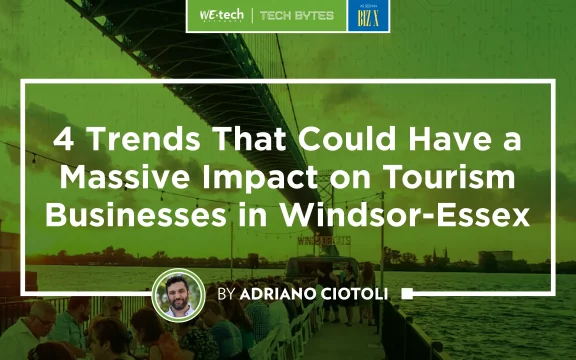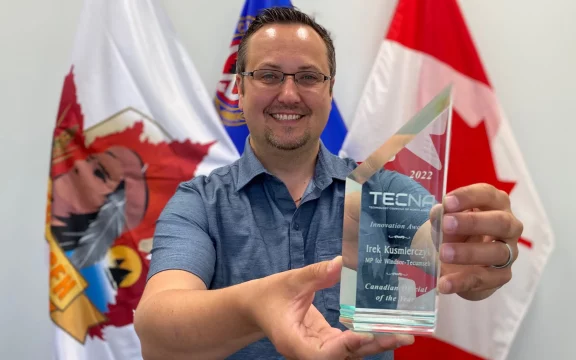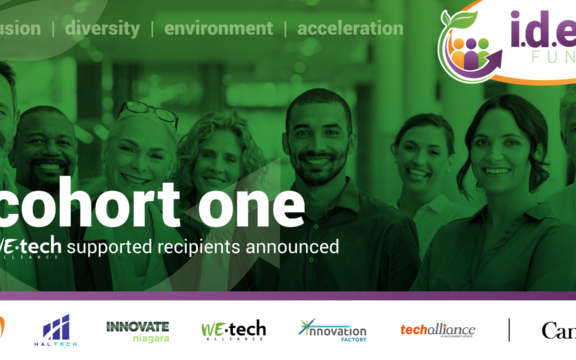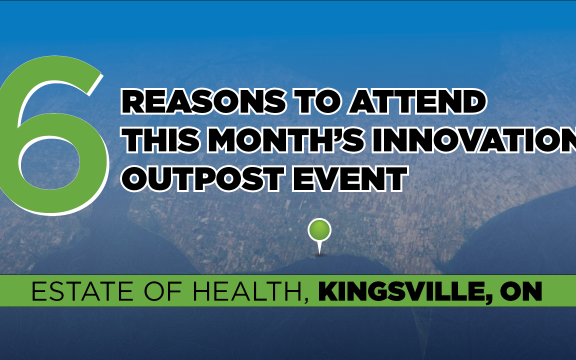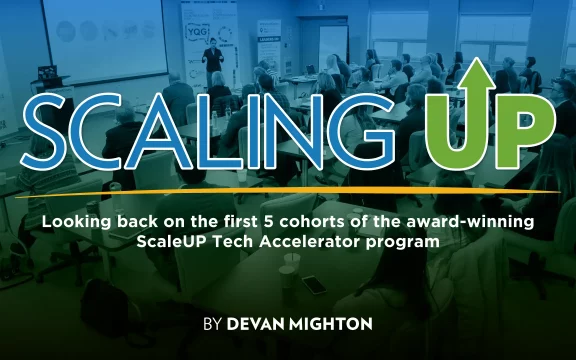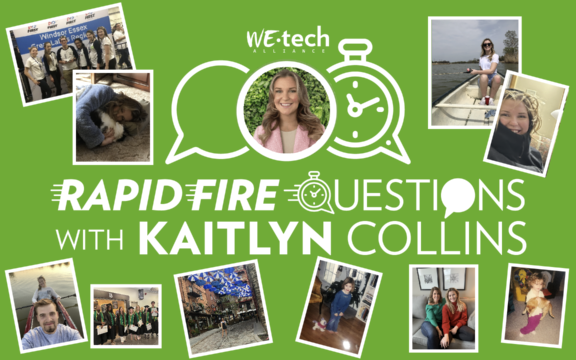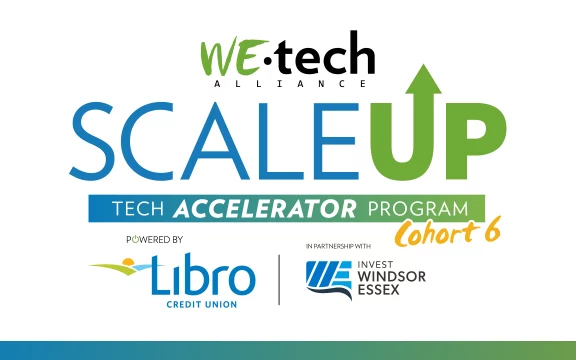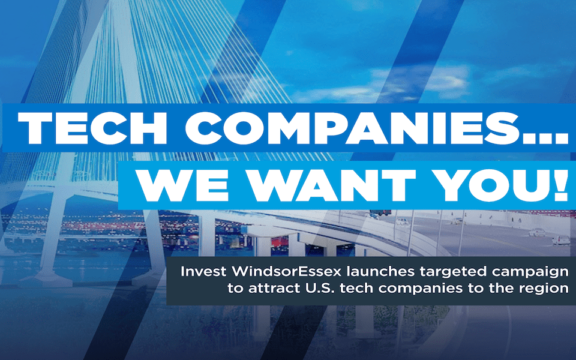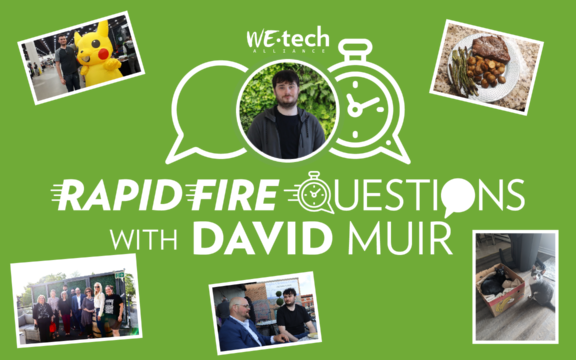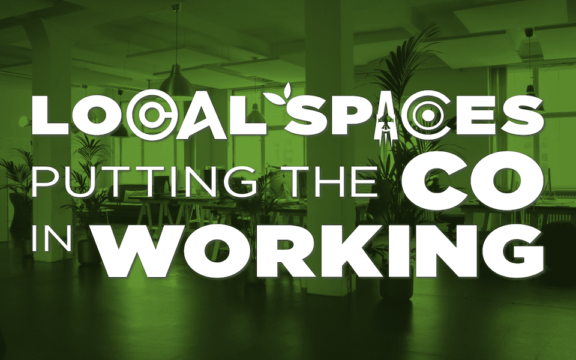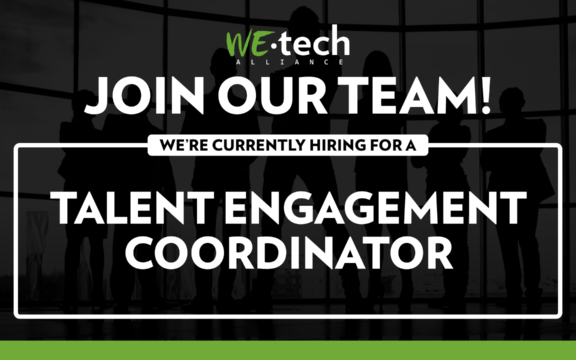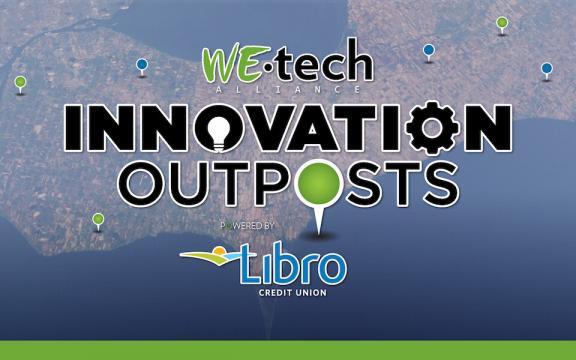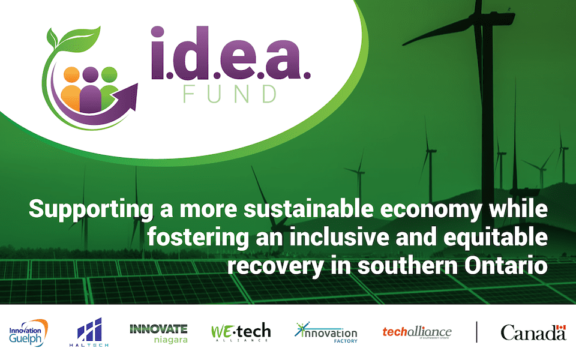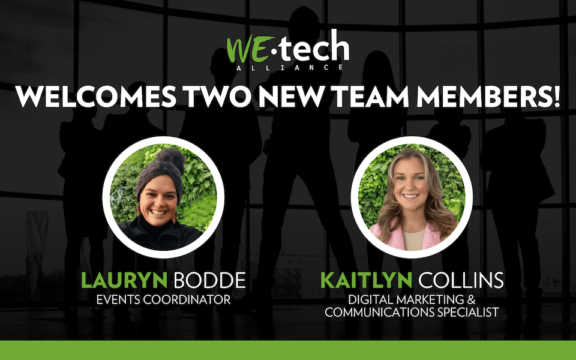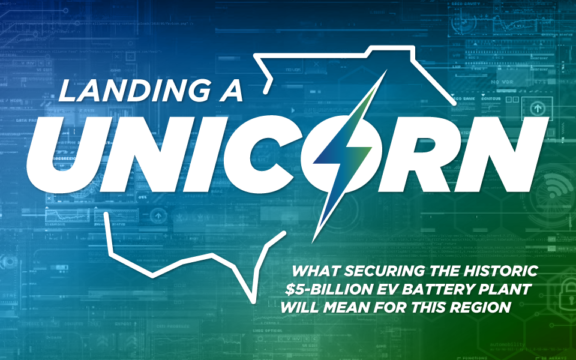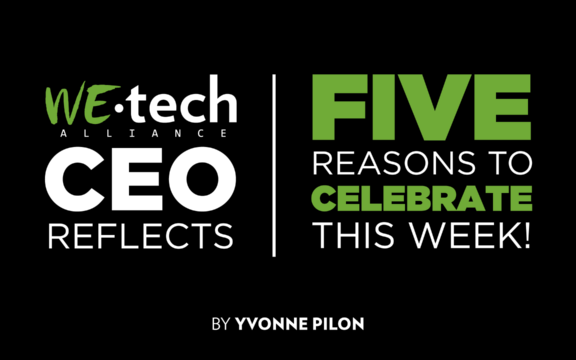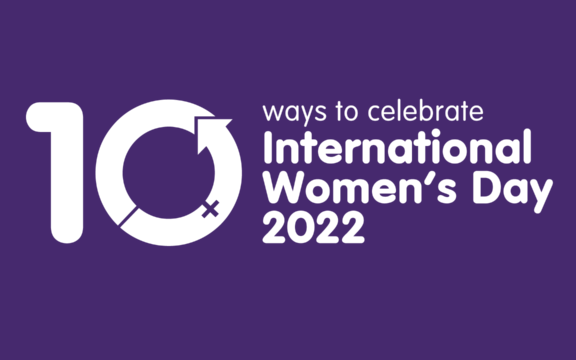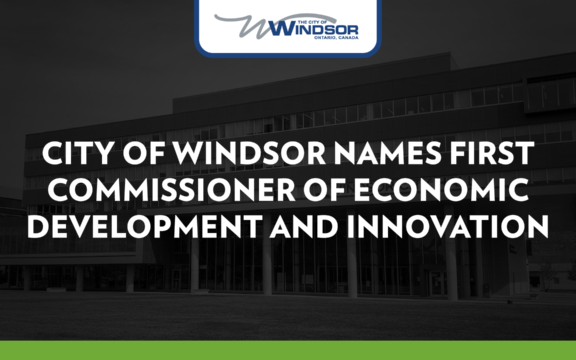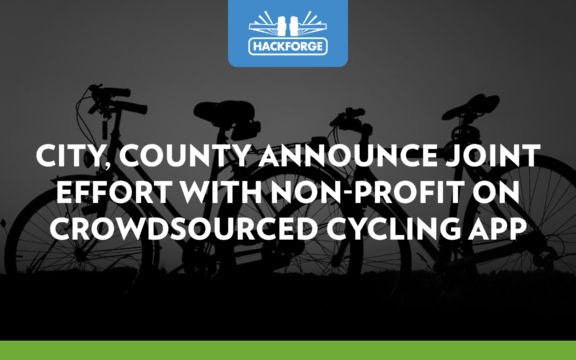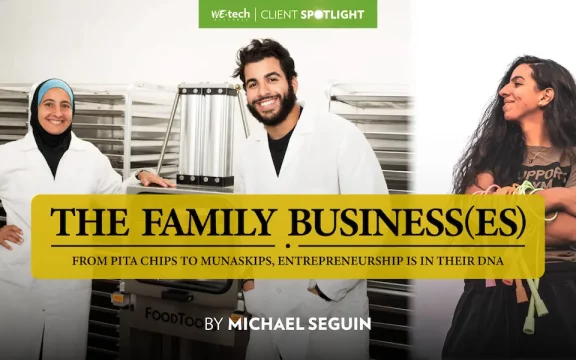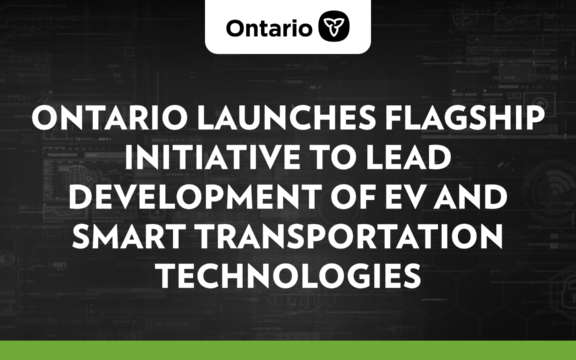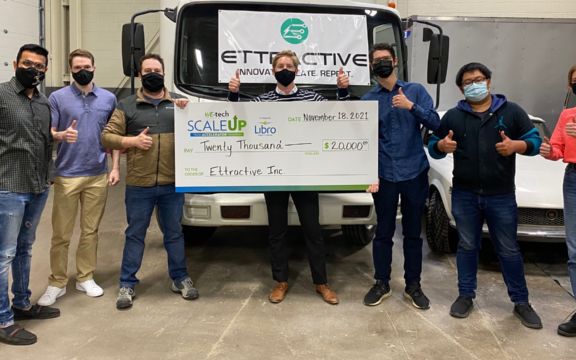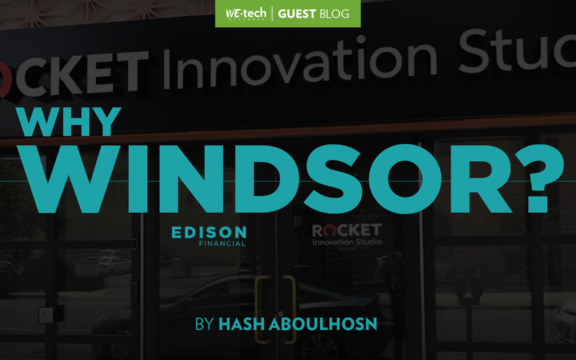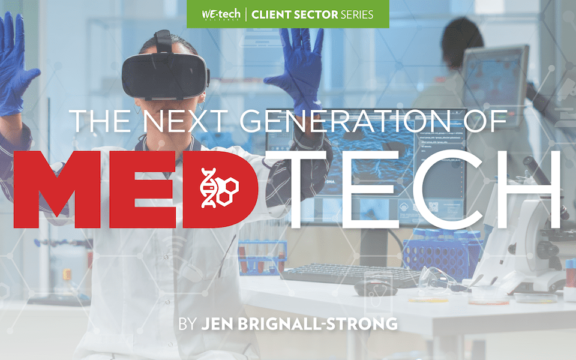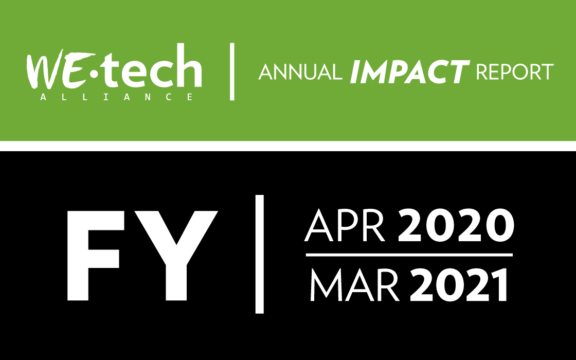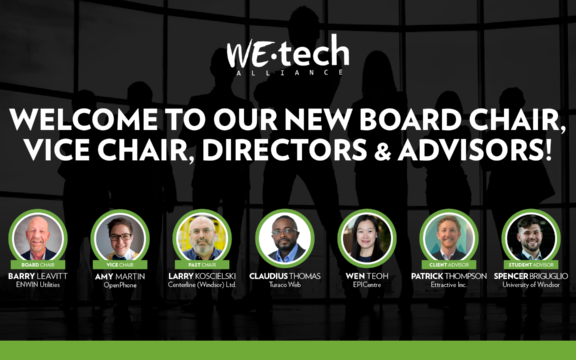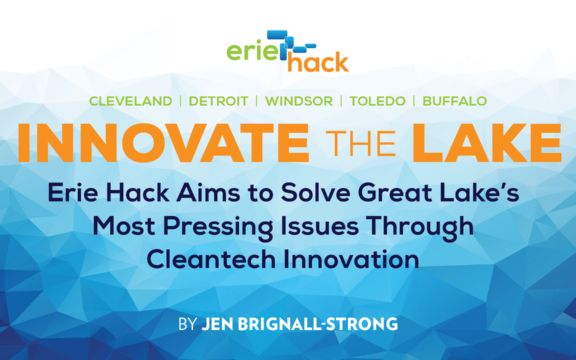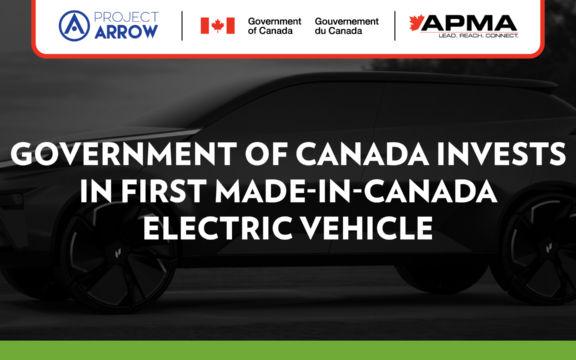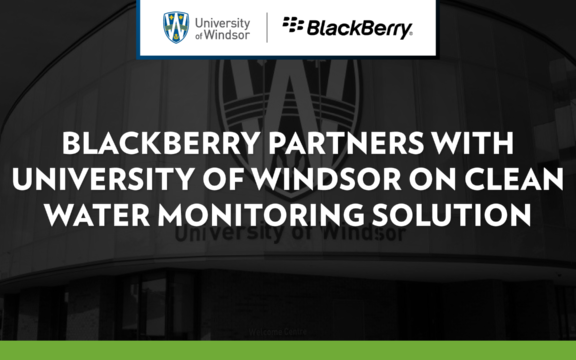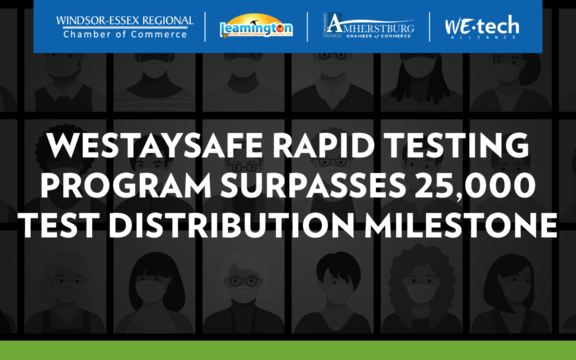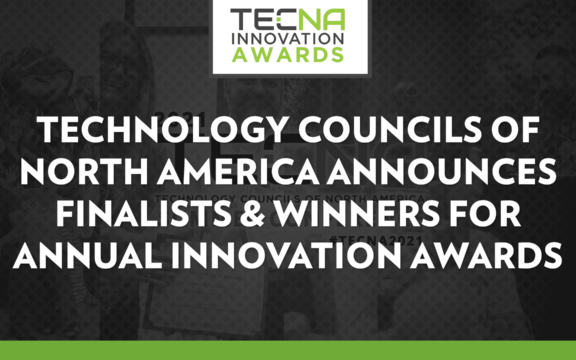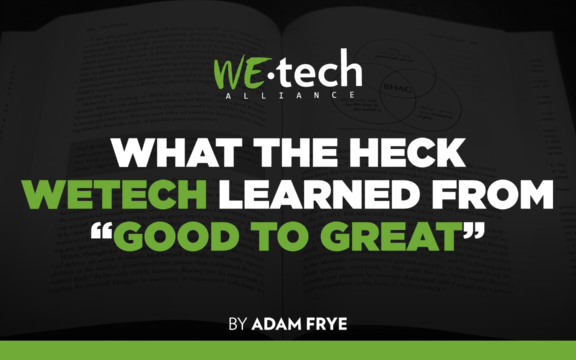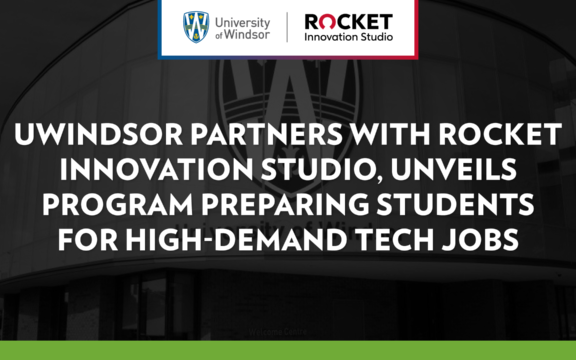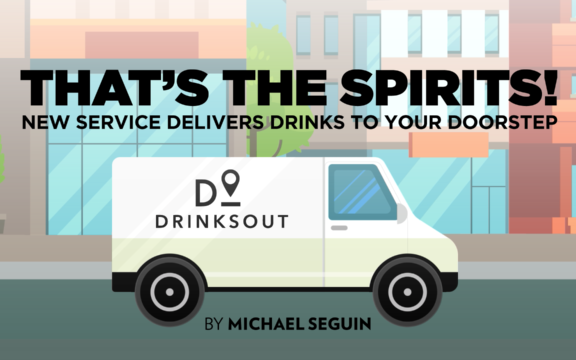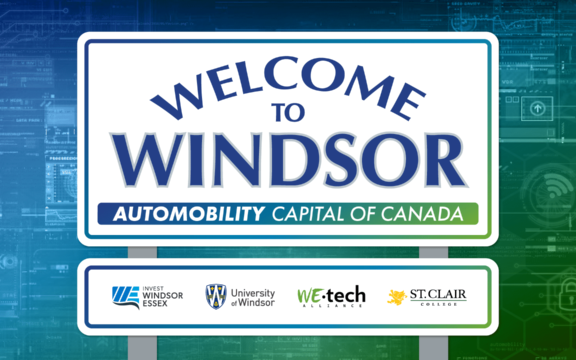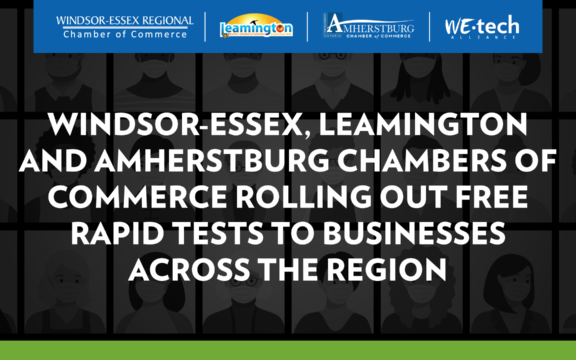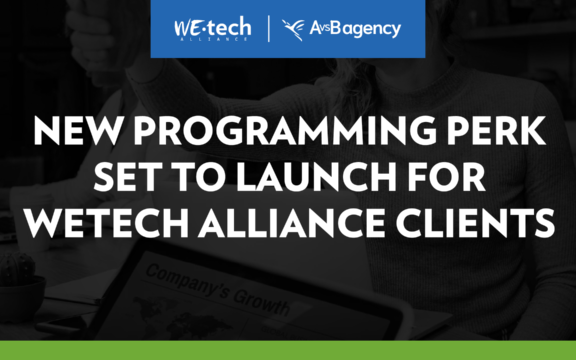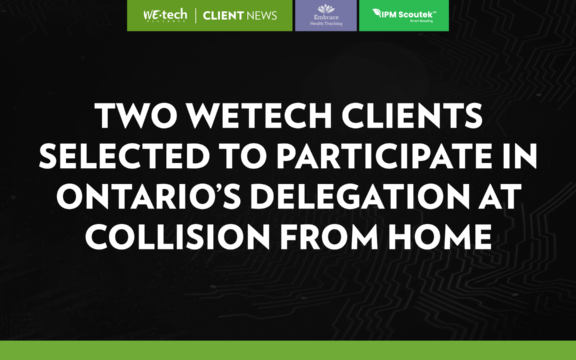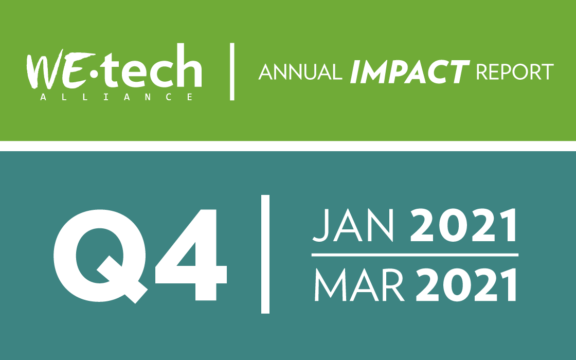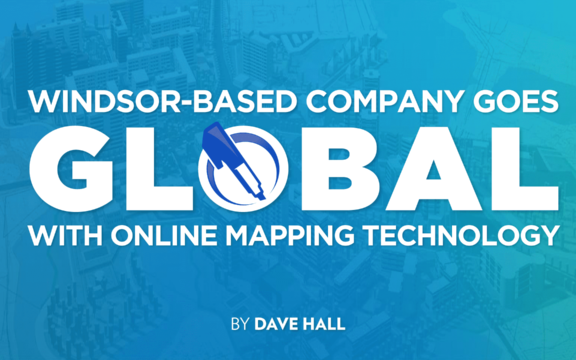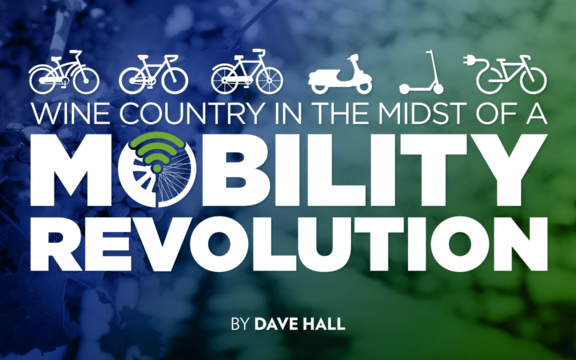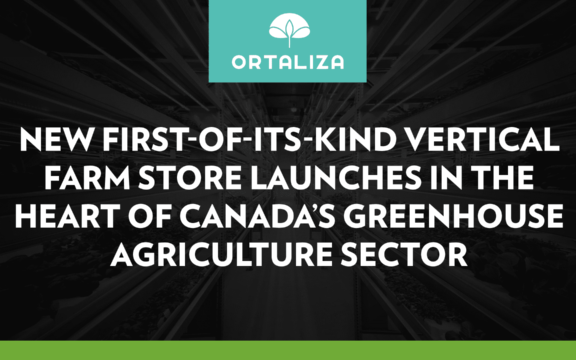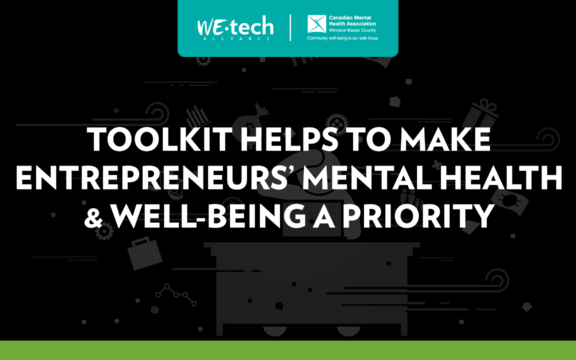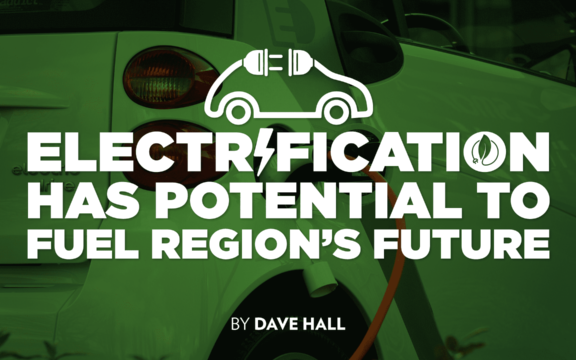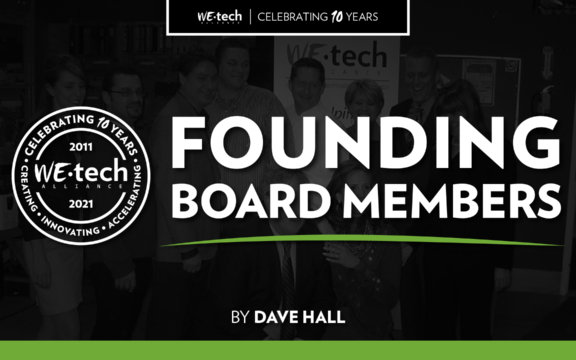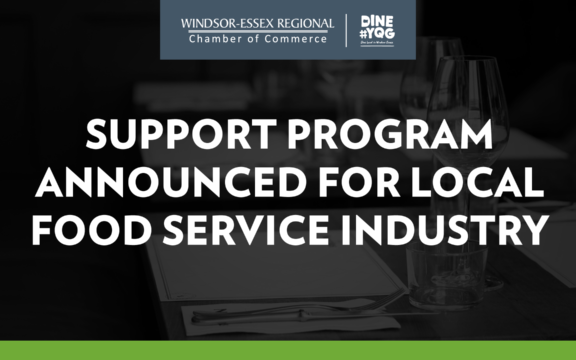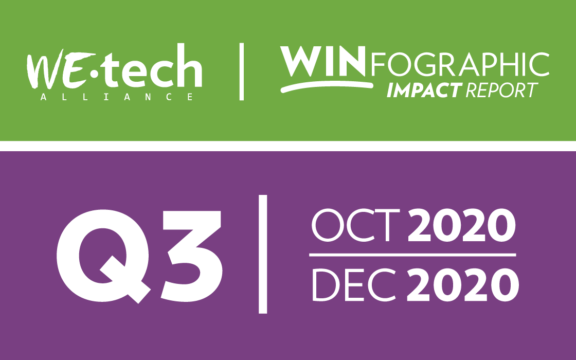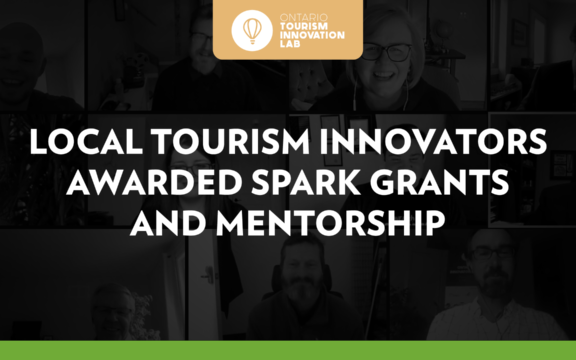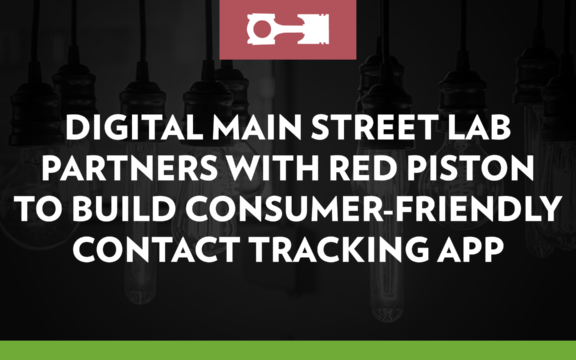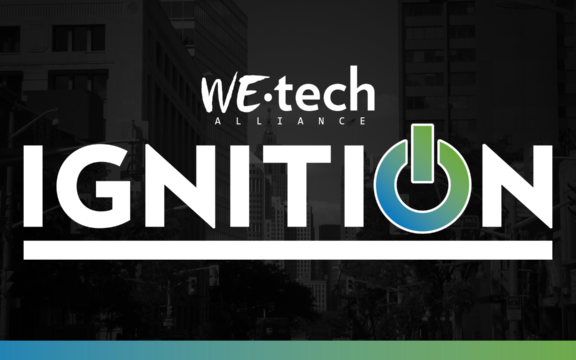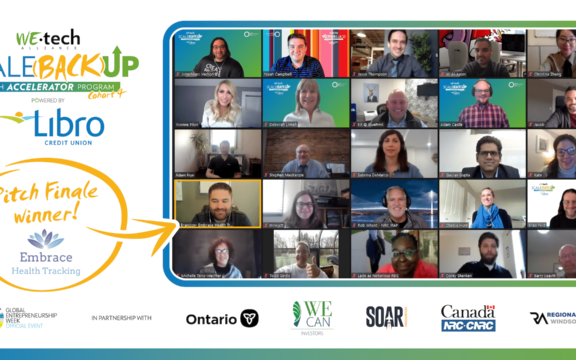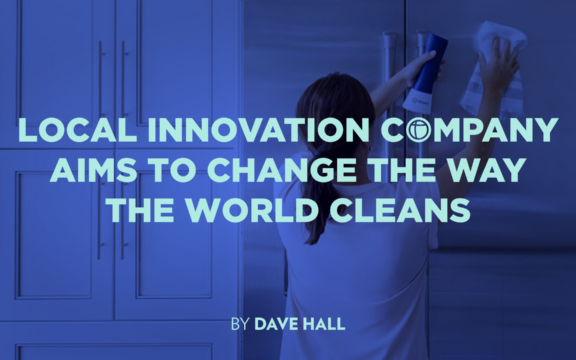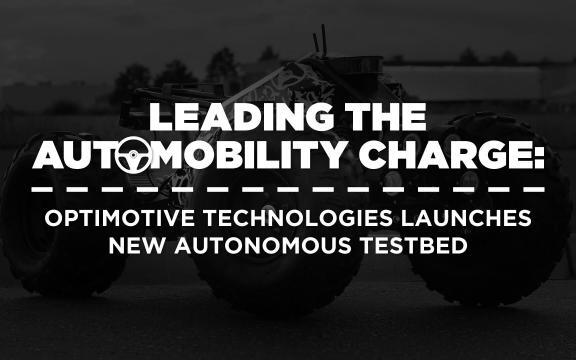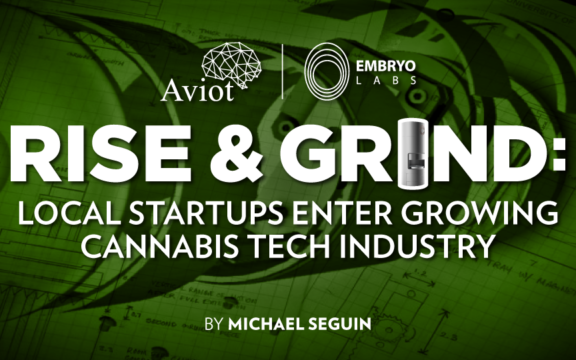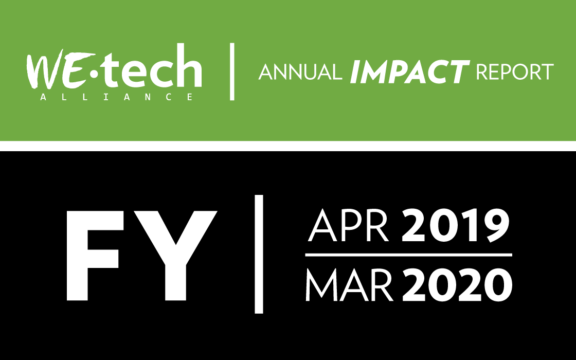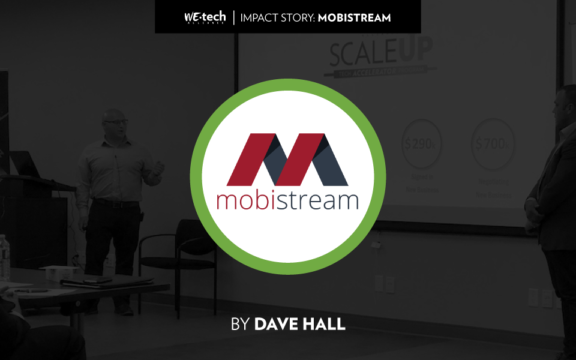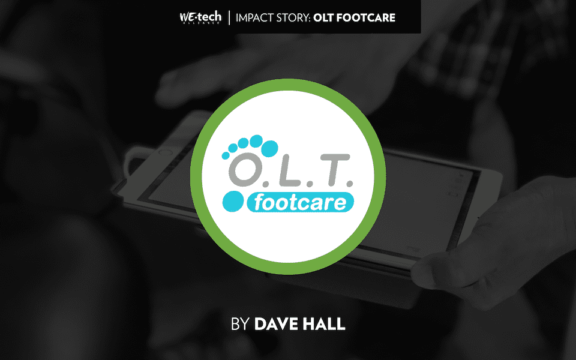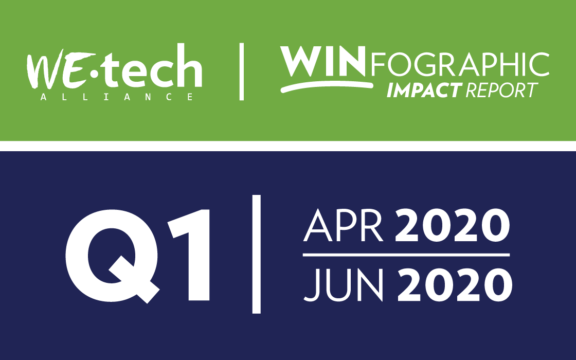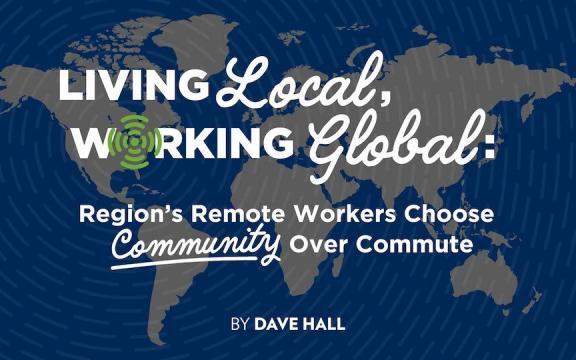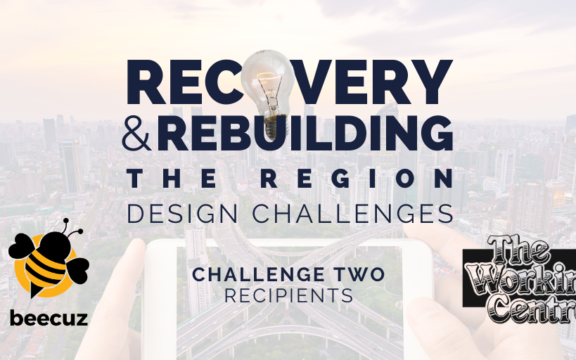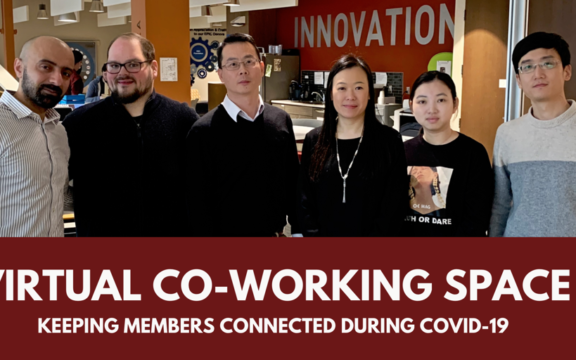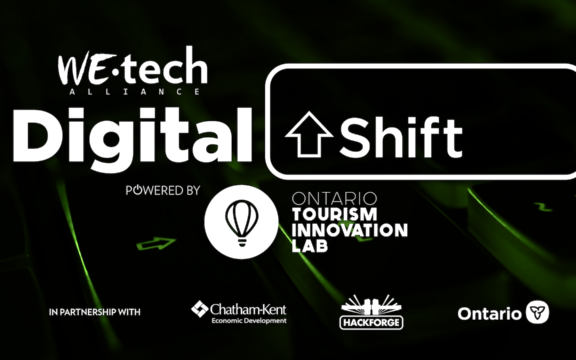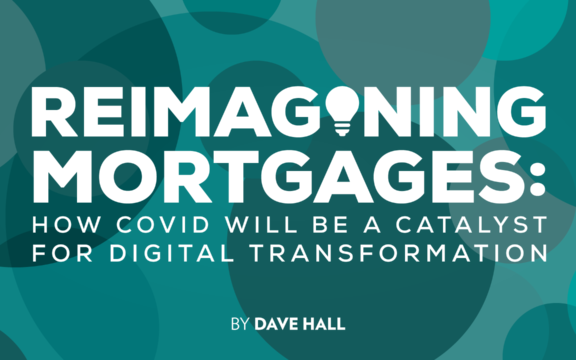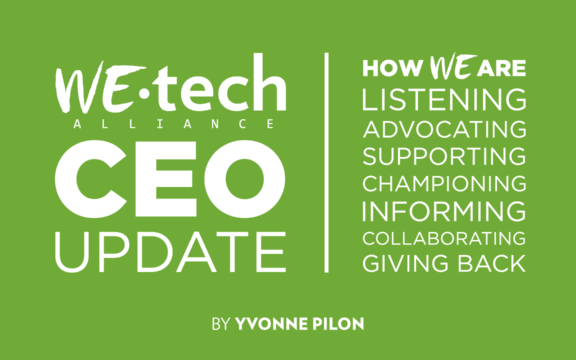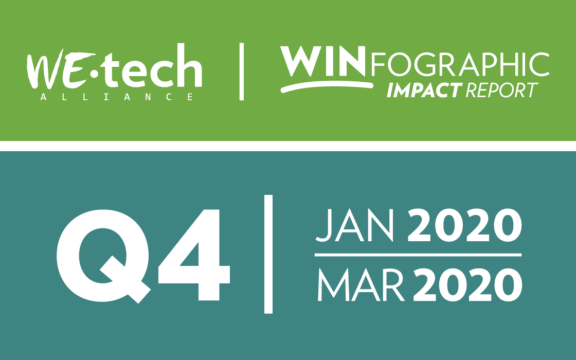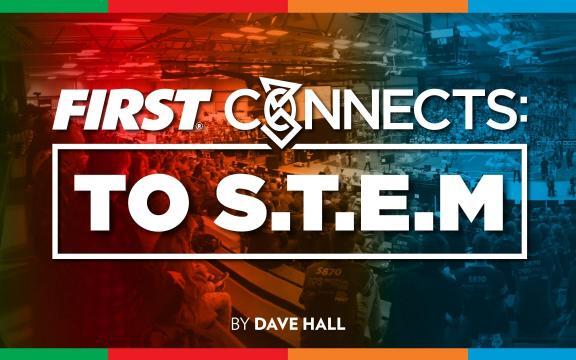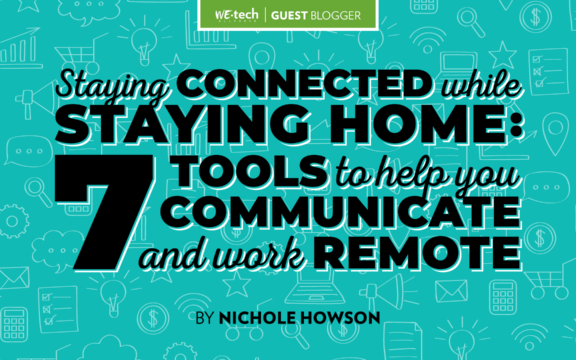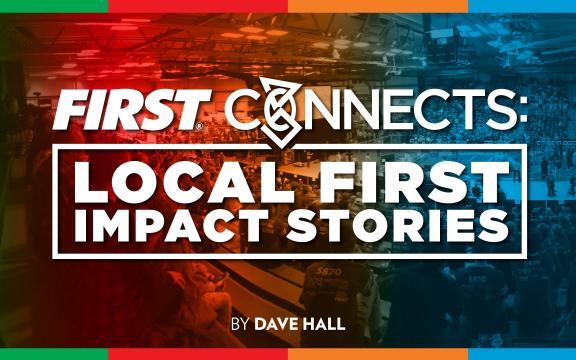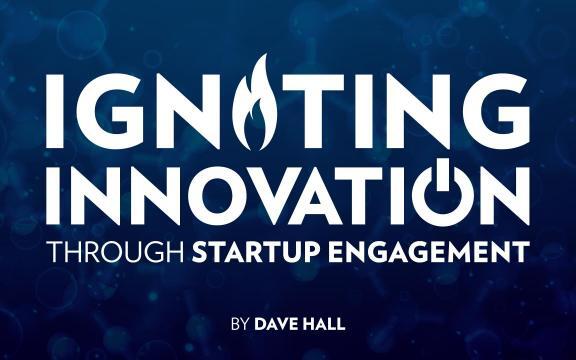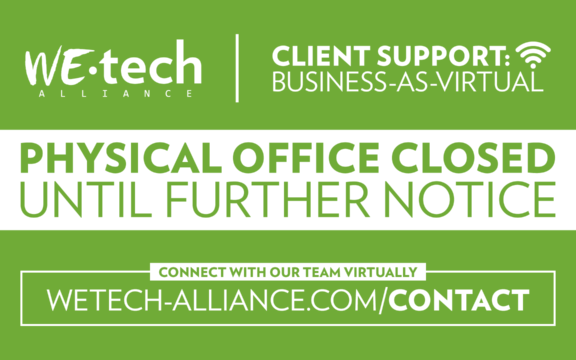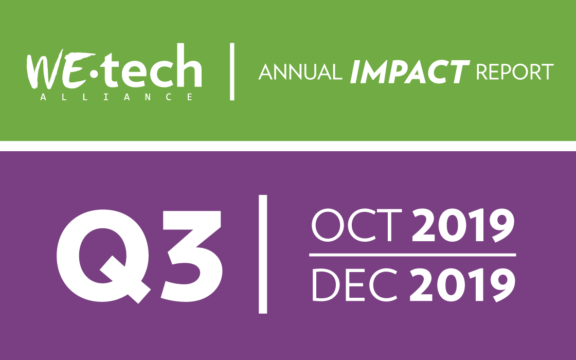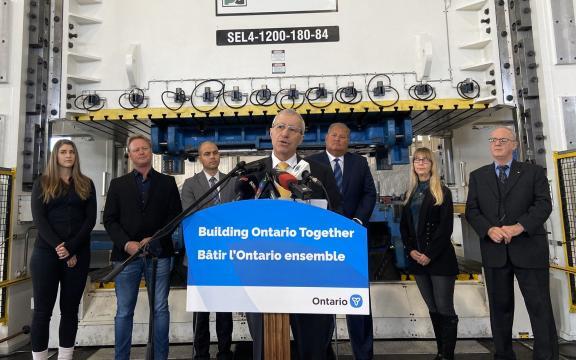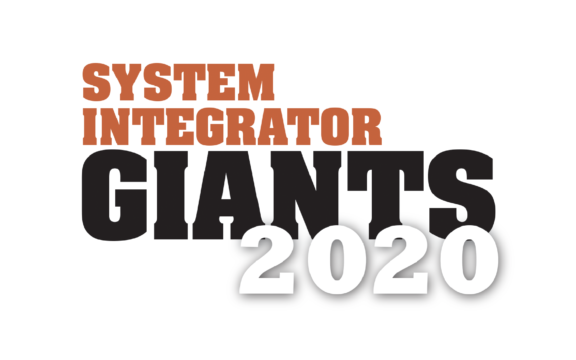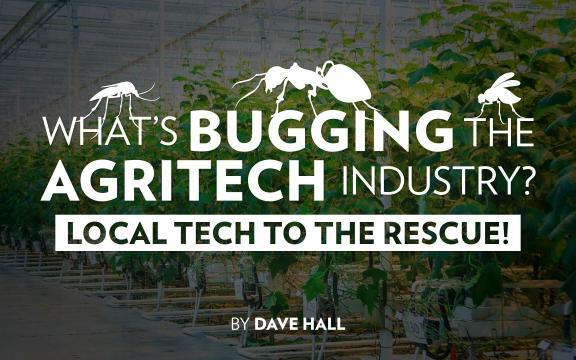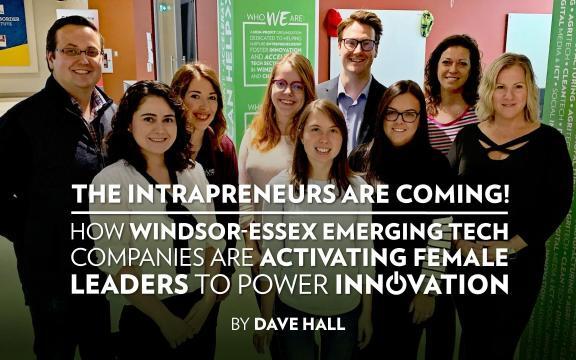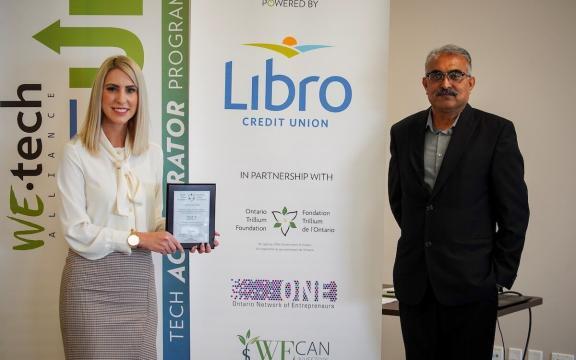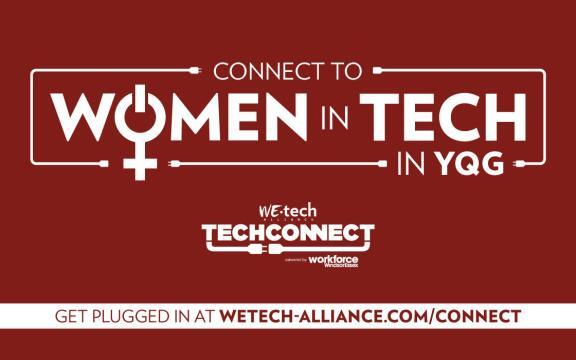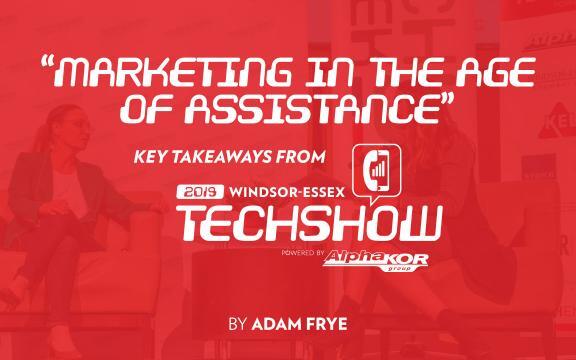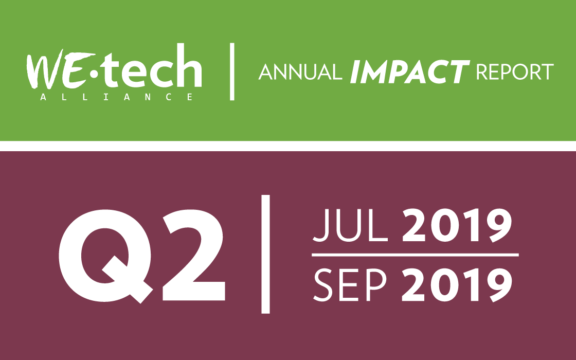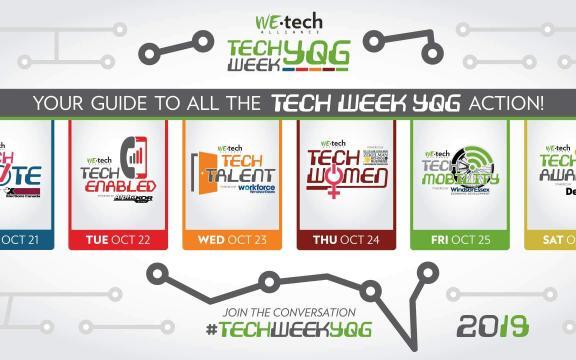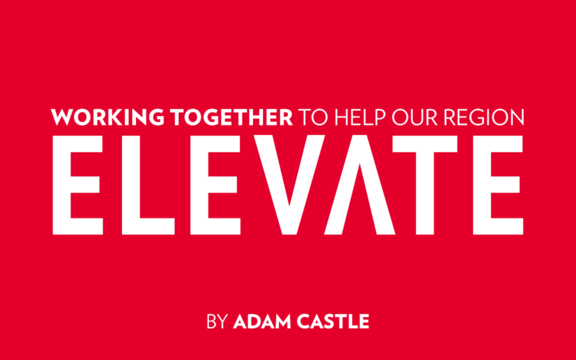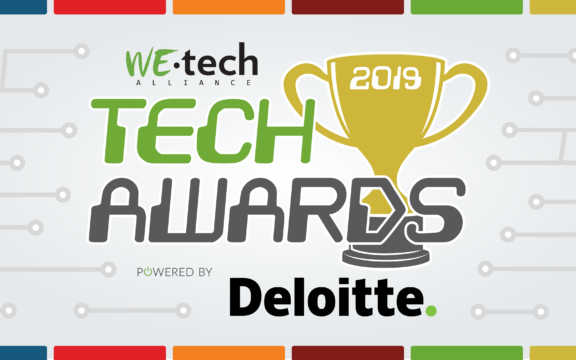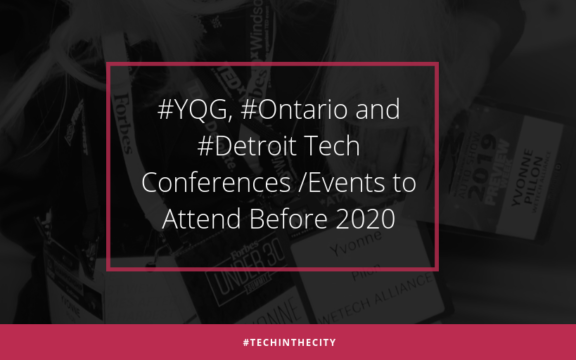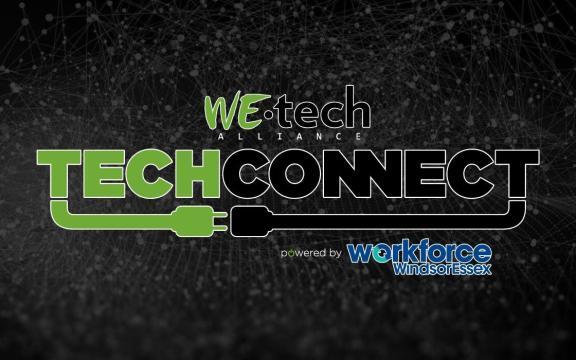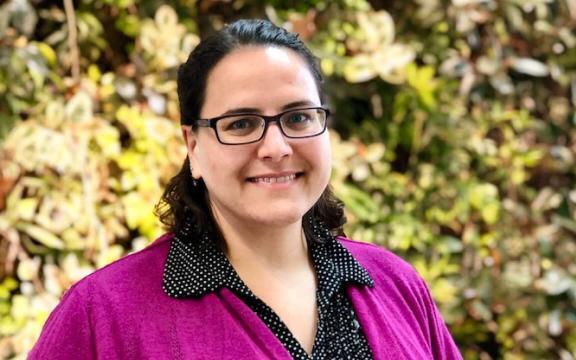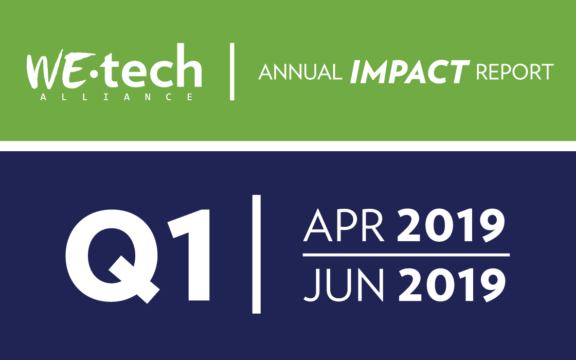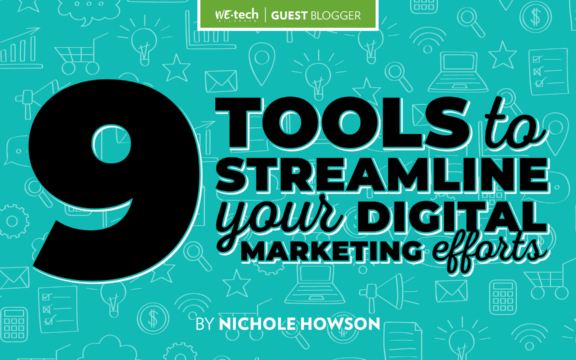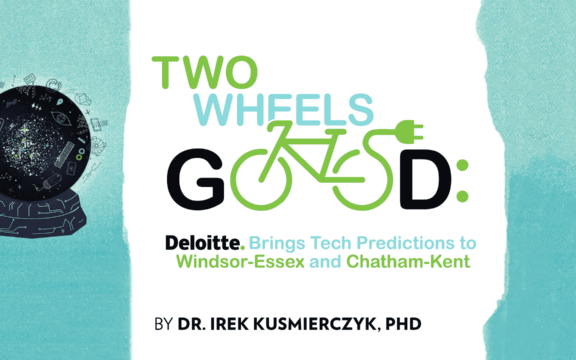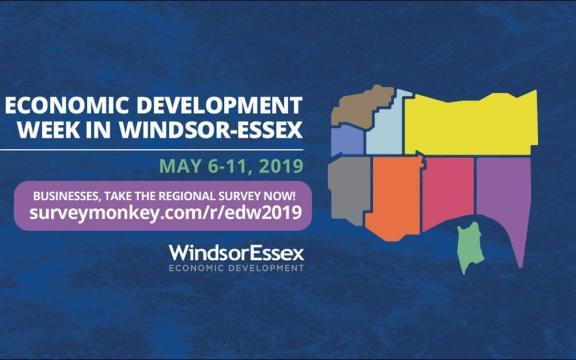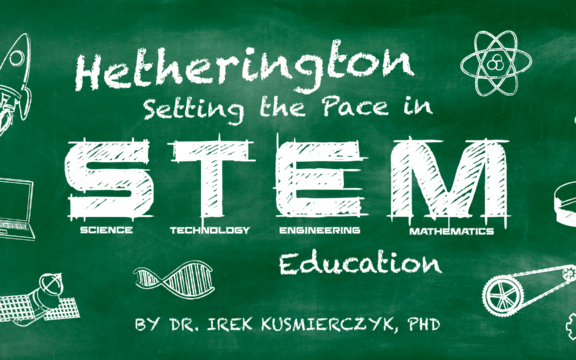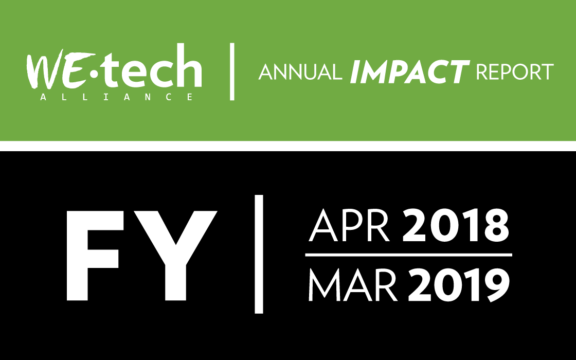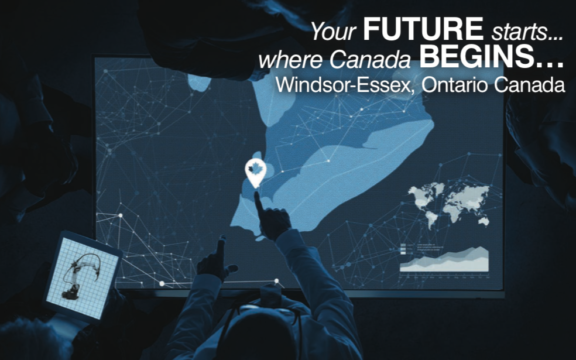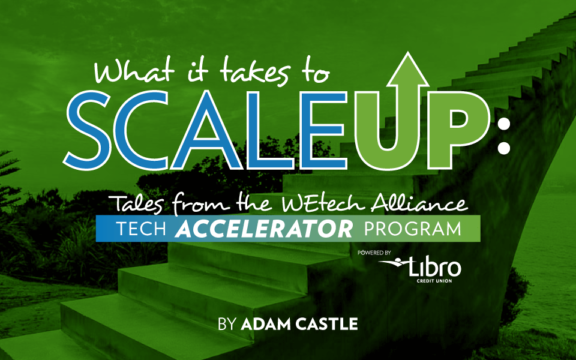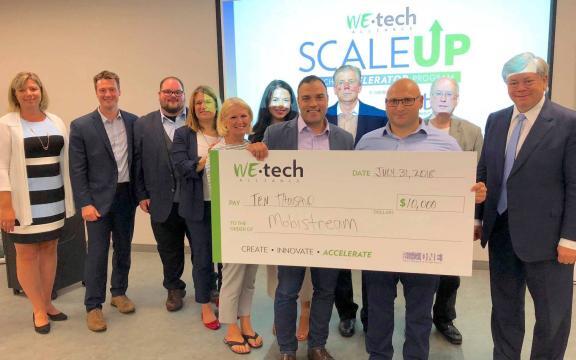Bob Dylan said it best. The times they are a-changin’.
Windsor has previously gone by many names, and adopted many different identities. The City of Roses. The Automotive Capital of Canada.
But what about now? What does our city look like in the year 2021? And what does the future hold?
The goal now is to add ‘The Automobility Capital of Canada’ to that list.
Below, several local leaders weigh in on what that future could look like for this region.

Drew Dilkens
Mayor, City of Windsor
It is critical that local communities, companies and the education sector work together to brand Windsor-Essex as Canada’s leader in automotive technologies. If we want to diversify our economy, it takes time, money, and innovative thinkers – we need a combination of the three to do it right. It doesn’t happen overnight. Every investment into this rapidly evolving area helps build on Windsor’s economic diversity strategy.
“Windsor-Essex is home to more than 380 automation companies involved in the engineering, design and production of cutting-edge advanced manufacturing systems for a wide range of industries, ranging from agriculture to aerospace and everything in between. The largest machine, tool, die and mold hub in North America is right here in Windsor-Essex. In fact, four of the Top 10 mold makers are headquartered here. Our companies are using video game software to build digital twins of machines for the auto industry. They’re building robots with advanced systems that allow them to take on more of the work that’s repetitive or dangerous. They’re using Big Data to find efficiencies in workflows that cut down on costs while boosting productivity.
Our home-grown talent and business solutions have attracted the attention and interest of investors from around the world. This community is the host to global leaders in automation solutions, giving our region a competitive edge and firmly placing Windsor as a leader in the fourth industrial revolution. Our priority is to continue building a Windsor for everyone. That means supporting businesses large and small, leaning into our base of manufacturing, especially automotive, and ensuring Windsor takes advantage of the pivot to electric vehicle production. This is where the future begins.”

Gary McNamara
Warden, Essex County
Our competitive advantage will only grow as we accelerate our efforts to bring high-speed Internet to thousands of Essex County residents, ensuring opportunity and connectivity from the farm field to the factory floor.
“Windsor-Essex is fast becoming the automobility capital of Canada and our innovators and industrialists are ideally positioned to take advantage of our lynchpin location at the epicenter of the North American marketplace to build a stronger and more diversified economy on a foundation of manufacturing ingenuity and excellence.
As we continue to grow and diversify our economy, we need to celebrate every success, no matter how small, as these good news stories, online and in newspapers, broadcasts and social media feeds, serve as calling cards for both customers and future investors attracted by our quality of life, skilled workforce and boundless potential.”

Stephen MacKenzie
President & CEO, WindsorEssex Economic Development Corporation
Our strategy is to build on our strengths, to make sure that our companies have the ability to evolve and support the technology drip that’s coming down the line.
“Right now, our economy is strong, even with COVID. There has been some wonderful announcements about future investments that allude to the production of electric vehicles, autonomous technology, connected technology and cyber security.
Our strategy is to build on our strengths, to make sure that our companies have the ability to evolve and support the technology drip that’s coming down the line. But remember, we’re not leaving anything behind. We want to make sure that all existing businesses have the tools they need.”

Yvonne Pilon
President & CEO, WEtech Alliance
Startups, scaleups and entrepreneurs play an important role in the development and success of the automobility innovation cluster.
“Startups, scaleups and entrepreneurs play an important role in the development and success of the automobility innovation cluster.
Startups help support increasing car manufacturer uncertainty, they help bridge the innovation gap, they provide flexibility and innovation, they provide agility for the faster pace brought on by startup culture and they’re fearless when it comes to exploring the future of mobility.
If OEMs are looking for rapid innovation, startups can provide agility, talent and innovation. Examples include: OEMs startup acquisitions and/or partnerships such as Ford and Lyft, FCA and Waymo, GM and Cruise, Toyota and May Mobility, and BMW with Parkmobile. GM and Ford have pay high premiums to acquire startups whose workforces have those abilities due to talent shortages within the industry.
There are increasing opportunities for Windsor-Essex to start, grow, spin-off and attract automobility, starting in spaces such as: autonomous driving technology, artificial intelligence & machine learning, Blockchain use cases, data collection and analysis, connected car, Industry 4.0, smart materials, cybersecurity, AR & VR, sensors, mapping technologies, IoT and much more.
The Windsor-Essex automobility innovation strategy builds on the region’s world-class automotive history and industry and compliments the ecosystems that is building around us, including Detroit and the mobility corridor from Ottawa to Windsor.”

Rakesh Naidu
President/CEO, Windsor-Essex Regional Chamber of Commerce
Windsor-Essex is on its way to transforming itself as a major player in the fast developing Automobility sector.
“The region is best equipped to lead the Country based on over a century of auto sector expertise and experience, and the progressive and advanced manufacturing cluster. The combination of advanced R&D in the world renowned educational institutions and the innovative capabilities of the fully developed manufacturing ecosystem is turning Windsor-Essex into a power house of the next generation of the Auto industry with focus on CAV, ZEV and automation.”

Heather Pratt
Executive Director of Research and Innovation, University of Windsor
5G is going to transform our region by allowing for greater connectivity.
“5G is going to transform our region by allowing for greater connectivity. If you count the various number of devices anyone might have in their home at a given time, it adds up. There’s computers, there’s phones, there’s iPhones, there’s SmartTVs, there’s routers. And as that number increases, it puts a greater burden on the structure that’s in place.
5G will provide our region a stronger backbone for connectivity, especially as we start to move forward into connected and autonomous vehicles. And this development will prepare us for the future.”

Peter Wawrow
Director of Research and Development, St. Clair College
Transition isn’t the right word. We’re not leaving the automotive industry or automobility innovation behind. We’re leveraging and building on the capacity that Windsor-Essex already has.
“Transition isn’t the right word. We’re not leaving the automotive industry or automobility innovation behind. We’re leveraging and building on the capacity that Windsor-Essex already has. We’re not moving away from who we’ve been, we’re building on our foundation.
This isn’t a linear trajectory, where we go from automotive to automation to automobility. It’s more of a circle. A continuum.”

Nicole Anderson
Director of Women Entrepreneurship Strategy, WindsorEssex Economic Development Corporation
As our region seeks to transition from Canada’s Automotive Capital to Canada’s Automobility Capital, Women in Mobility WindsorEssex will serve as an important forum to highlight inclusiveness.
“We live in the Automotive Capital of Canada. And some say that’s the reason we don’t have many women in STEM down here, because STEM is generally very male-focused and the automotive industry itself is very male-dominated. It’s kind of a perfect storm.
That said, we’ve recently partnered with Women in Mobility Detroit, a group of 300 women who meet together once a month for networking. They’ve done very well creating a strong brand for themselves. So, the WindsorEssex Development Corporation and WEtech Alliance founded the Women in Mobility WindsorEssex (WiMW) to provide resources and peer-to-peer networking opportunities, as well as support events and activities aimed to inspire and change the face of mobility in Southwestern Ontario.
As our region seeks to transition from Canada’s Automotive Capital to Canada’s Automobility Capital, WiMW will serve as an important forum to highlight inclusiveness.”

Matt Johnson
Executive Director of Strategic Partnerships and Innovation, WindsorEssex Economic Development Corporation
It’s about preparing for the jobs of the future.
“It’s about preparing for the jobs of the future. Vehicles are becoming sophisticated pieces of technology. There’s more lines of code in a car than in a fighter jet. As a result, there’s a very real need for these vehicles, the components and the equipment that makes them to become cybersecure.
Part of a new project we’re working on with St. Clair College, Workforce Windsor Essex, and WEtech alliance is about securing these processes. We are working on a new cybersecurity program to deploy at the College and include modules around auto cybersecurity and ISO standard compliance. With a pipeline of talent locally in auto assembly we can provide further knowledge in the cybersecurity, this creates a strong pipeline of talent for the jobs of the future.”

Tom Schnekenburger
Data & Mobility Science Project Manager, University of Windsor
Our whole idea is that if Windsor-Essex can have a strong idea of what our ecosystem looks like and how to access this information, we can take more steps to better address community challenges with data-driven solutions.
“Across the world, these smart city initiatives are really starting to leverage the data available within a city’s ecosystem, whether that’s through public works or the utilities and different services being offered.
It’s about providing more access to services, especially digital services with cohesive data strategies that allow people to innovate on data. And data strategies are about breaking down silos.
It’s about understanding how systems can work together across different functions of government and community services to create a better access of support for everyone.
Our whole idea is that if Windsor-Essex can have a strong idea of what our ecosystem looks like and how to access this information, we can take more steps to better address community challenges with data-driven solutions.”



